-
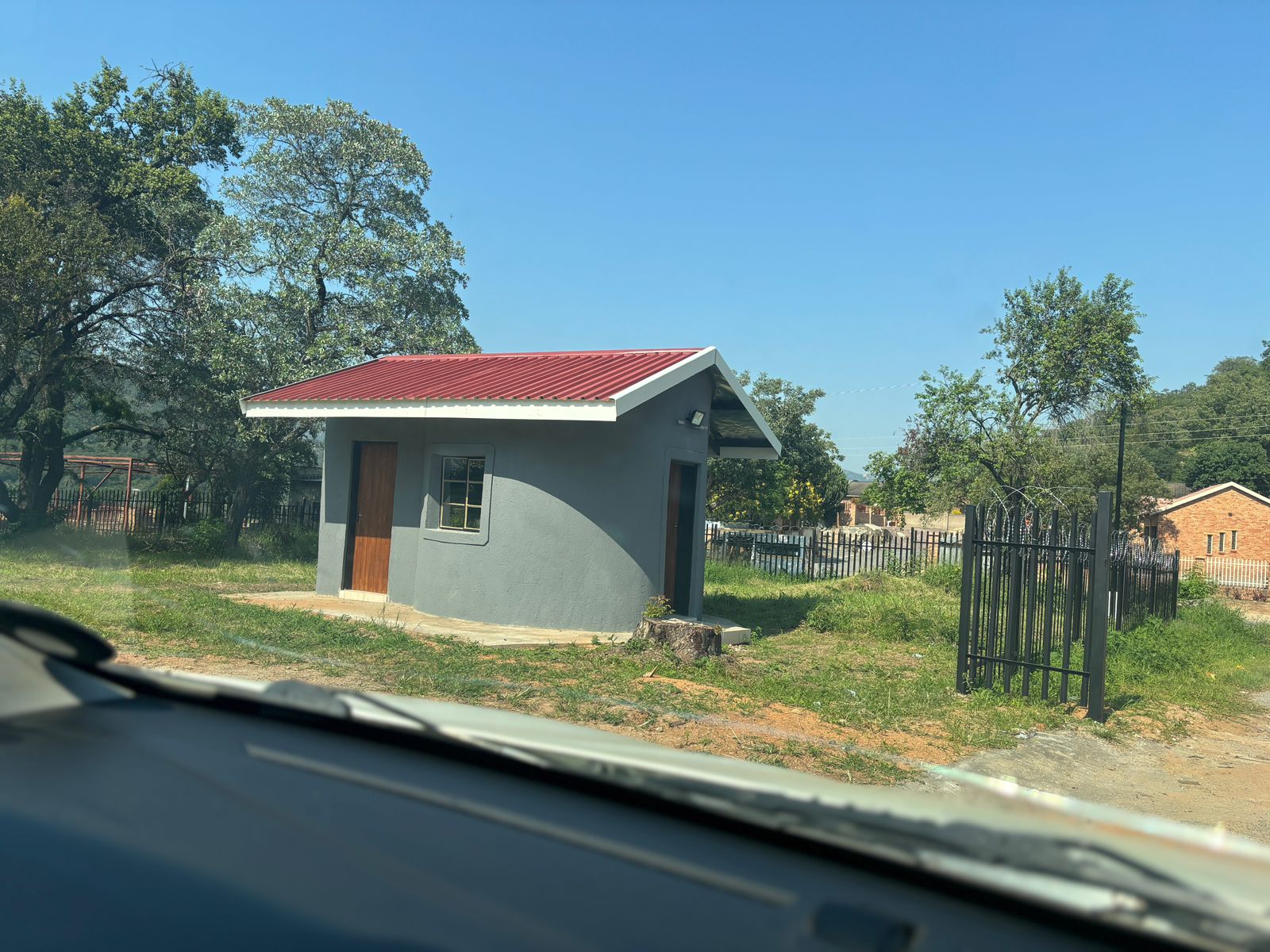 A R3m guardhouse, and the ballooning of renovation budget from R15m to R42m by Mpumalanga education officials
A R3m guardhouse, and the ballooning of renovation budget from R15m to R42m by Mpumalanga education officials
-
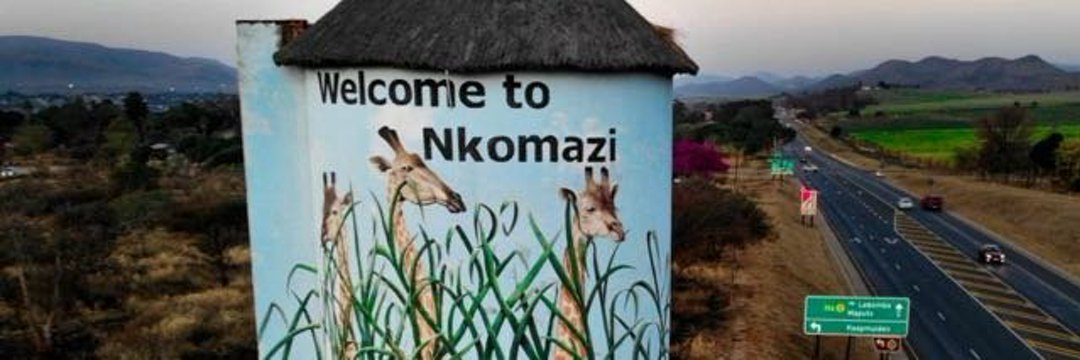 Black magic rocks Mpumalanga government offices
Black magic rocks Mpumalanga government offices
-
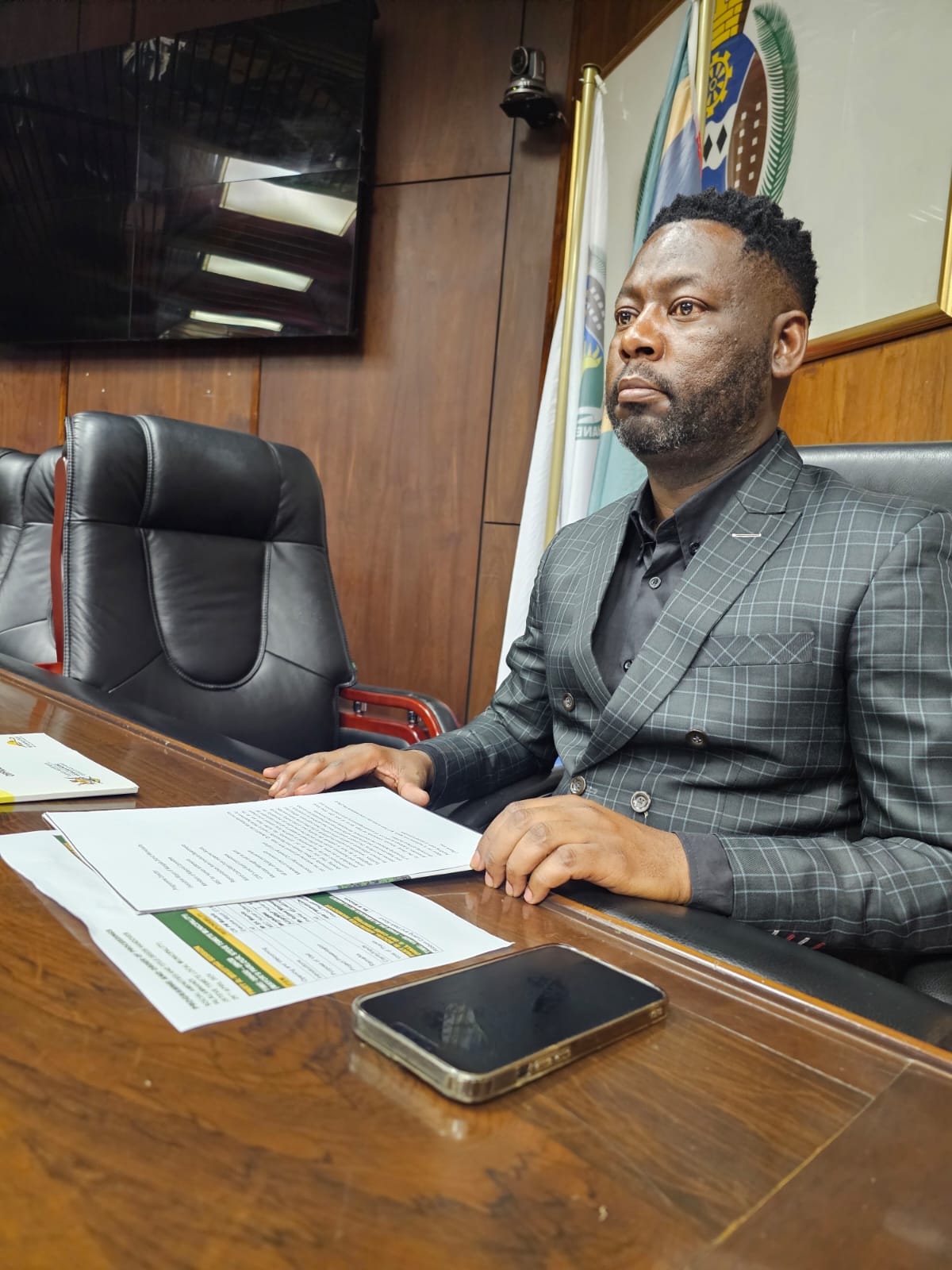 Manager in hung Mpumalanga council accused of politicking against ANC
Manager in hung Mpumalanga council accused of politicking against ANC
-
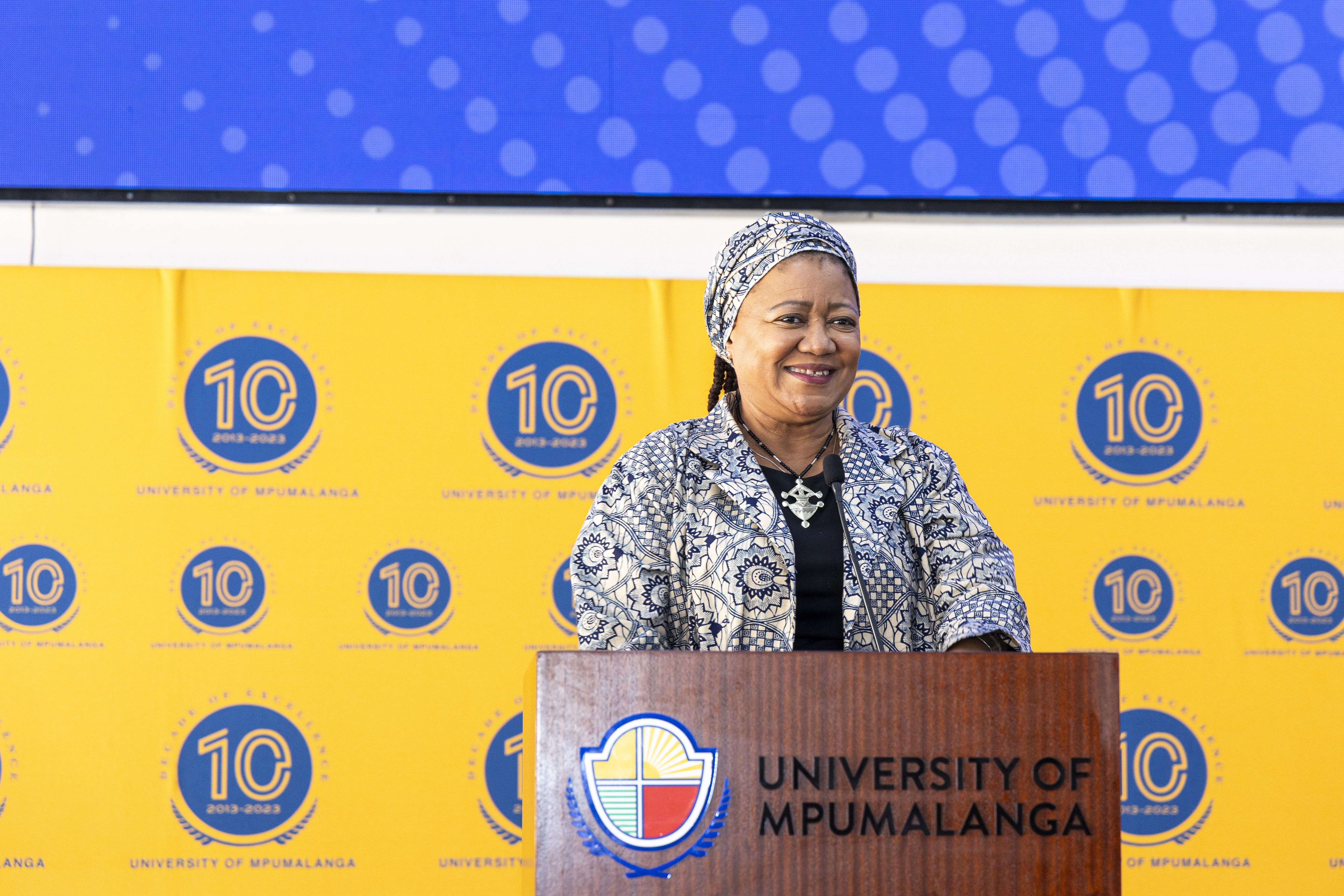 Our knowledge system assumes Africa is poor of knowledge of history, innovation and technology – Prof Segobye
Our knowledge system assumes Africa is poor of knowledge of history, innovation and technology – Prof Segobye
-
 Sports federations should stop being a billboard for fossil fuel companies – activists
Sports federations should stop being a billboard for fossil fuel companies – activists
-
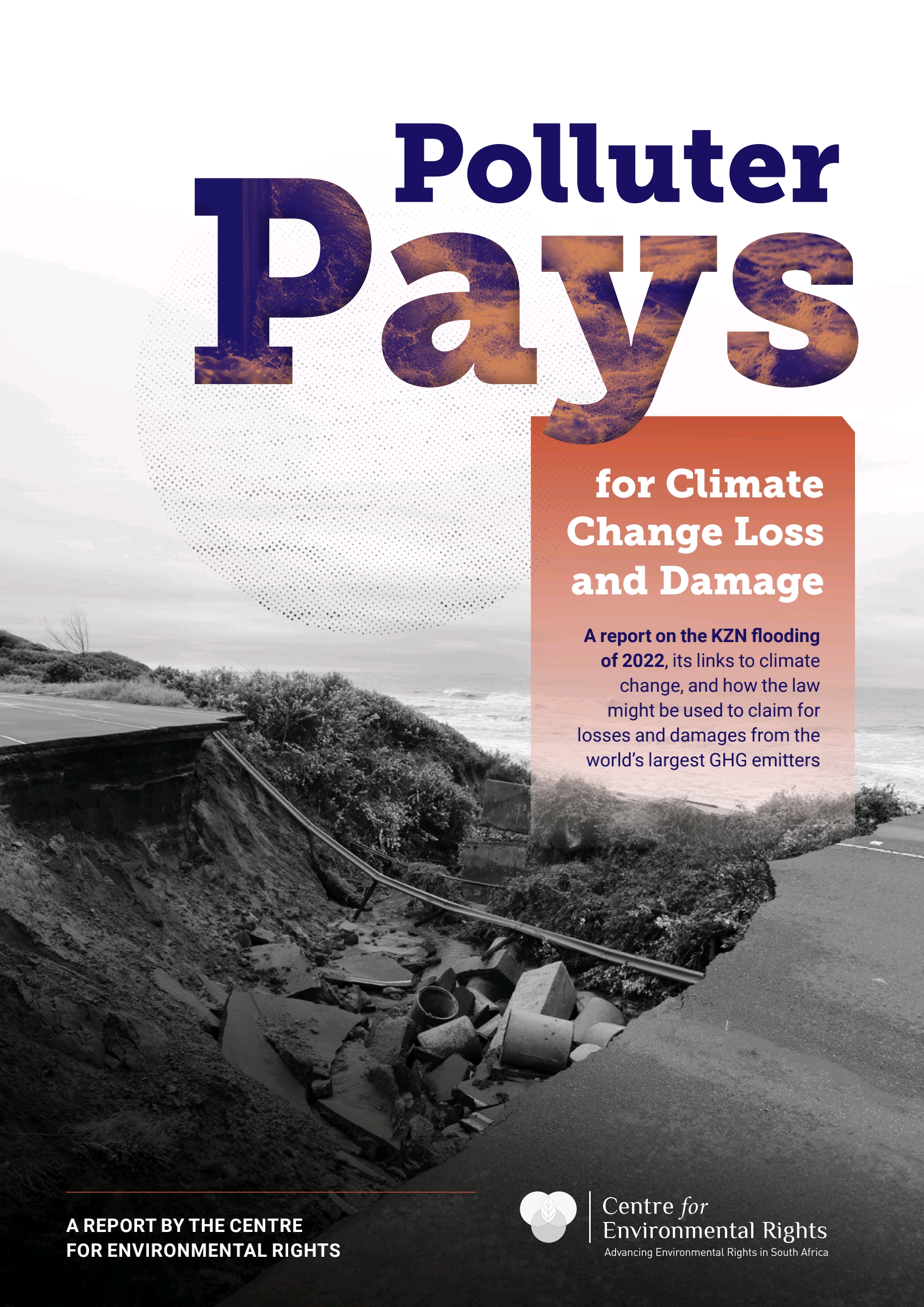 Polluters can be sued for climate change disasters – CER report
Polluters can be sued for climate change disasters – CER report
-
 Northern Cape’s farm workers’ champion dies in car accident
Northern Cape’s farm workers’ champion dies in car accident
-
 BRPs confident of Vision Investment’s rescue plan for Tongaat Hullet
BRPs confident of Vision Investment’s rescue plan for Tongaat Hullet
-
 Businessman slaps Ronald Lamola, police and NPA with R5bn claim for unlawful arrest, detention and malicious prosecution
Businessman slaps Ronald Lamola, police and NPA with R5bn claim for unlawful arrest, detention and malicious prosecution
-
 Free State Hawks pounce on ghost workers
Free State Hawks pounce on ghost workers
-
 AU countries tap on the US$50 billion African market for medicines and vaccines
AU countries tap on the US$50 billion African market for medicines and vaccines
-
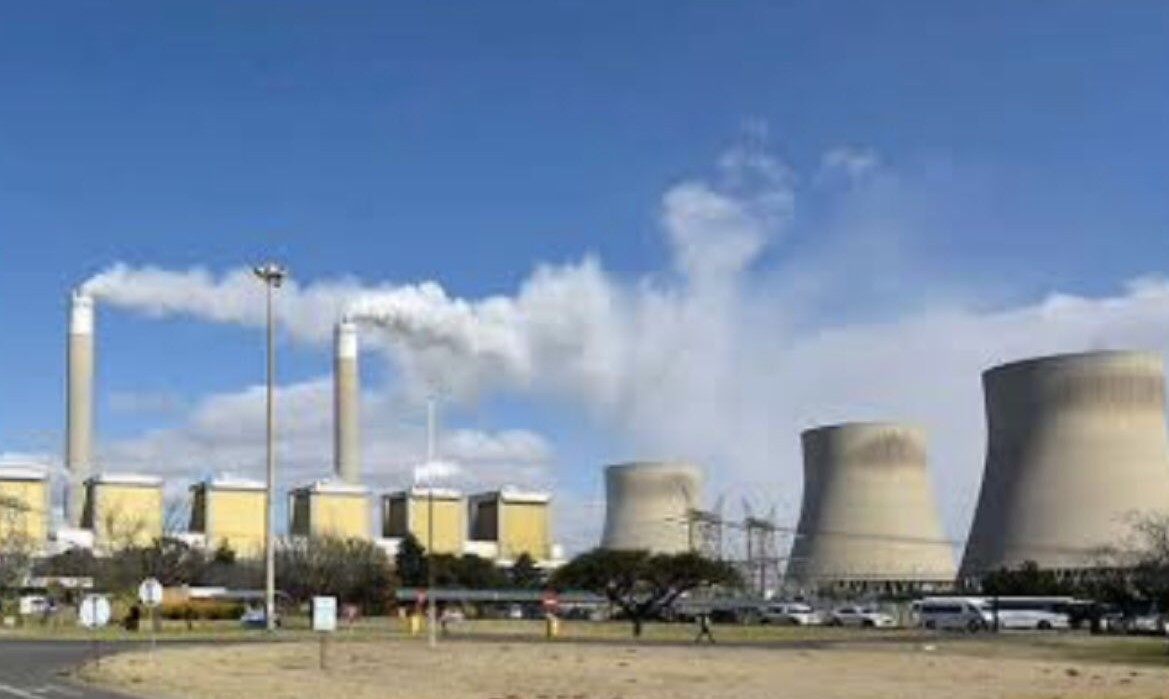 SA sits at position 47 of all countries affected by deadly air pollution
SA sits at position 47 of all countries affected by deadly air pollution
-
 Opinion: Vision’s plan was approved without a competing business rescue plan after RGS mysteriously, but not surprisingly, withdrew
Opinion: Vision’s plan was approved without a competing business rescue plan after RGS mysteriously, but not surprisingly, withdrew
-
 Electrical engineer slaps SIU and municipality with R1.8bn lawsuit
Electrical engineer slaps SIU and municipality with R1.8bn lawsuit
-
 Toyota not living up to the Olympics Fair Play rule
Toyota not living up to the Olympics Fair Play rule
-
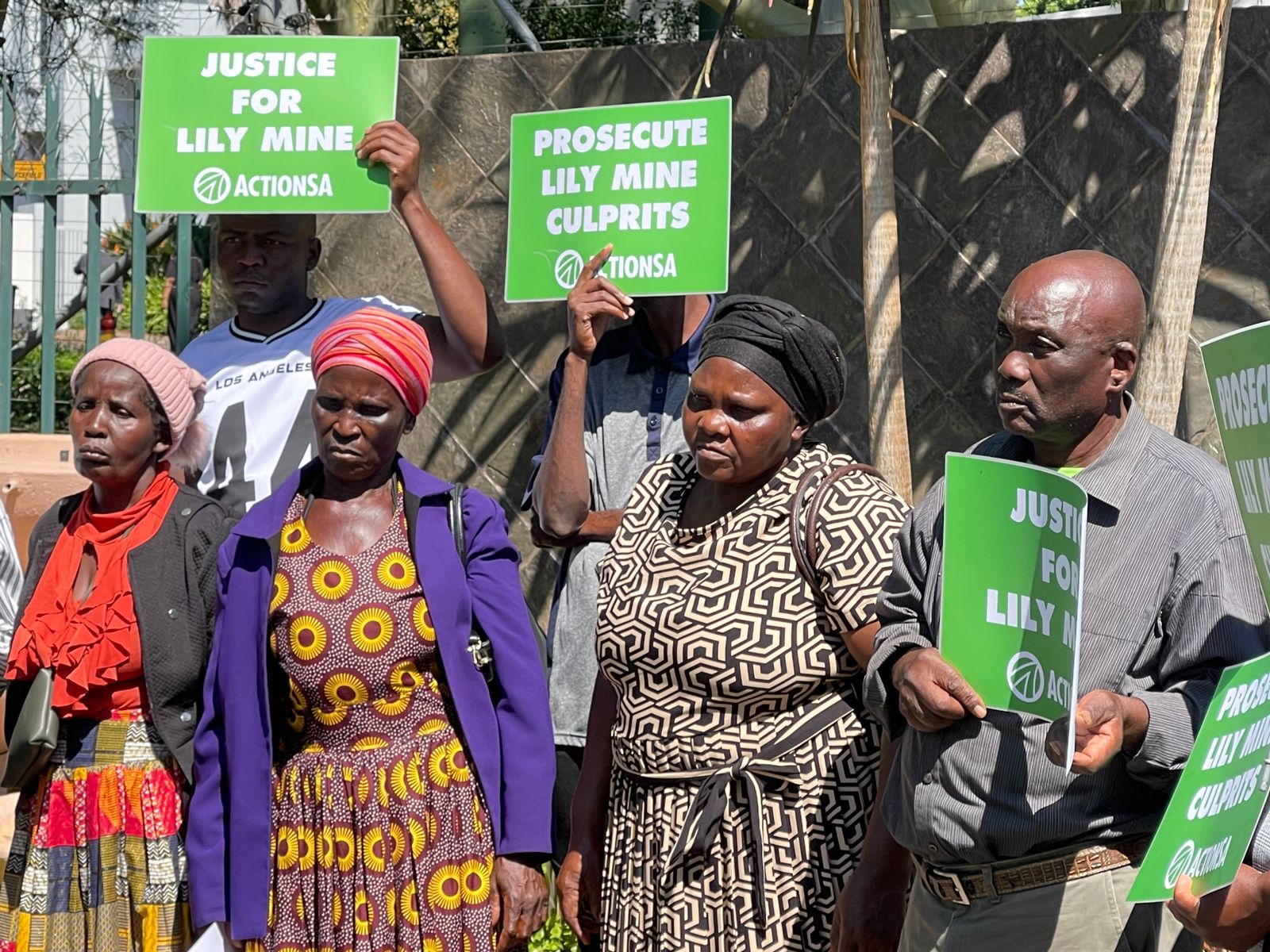 NPA’s panel likely to conduct further investigation before prosecuting on Lily Mine
NPA’s panel likely to conduct further investigation before prosecuting on Lily Mine
-
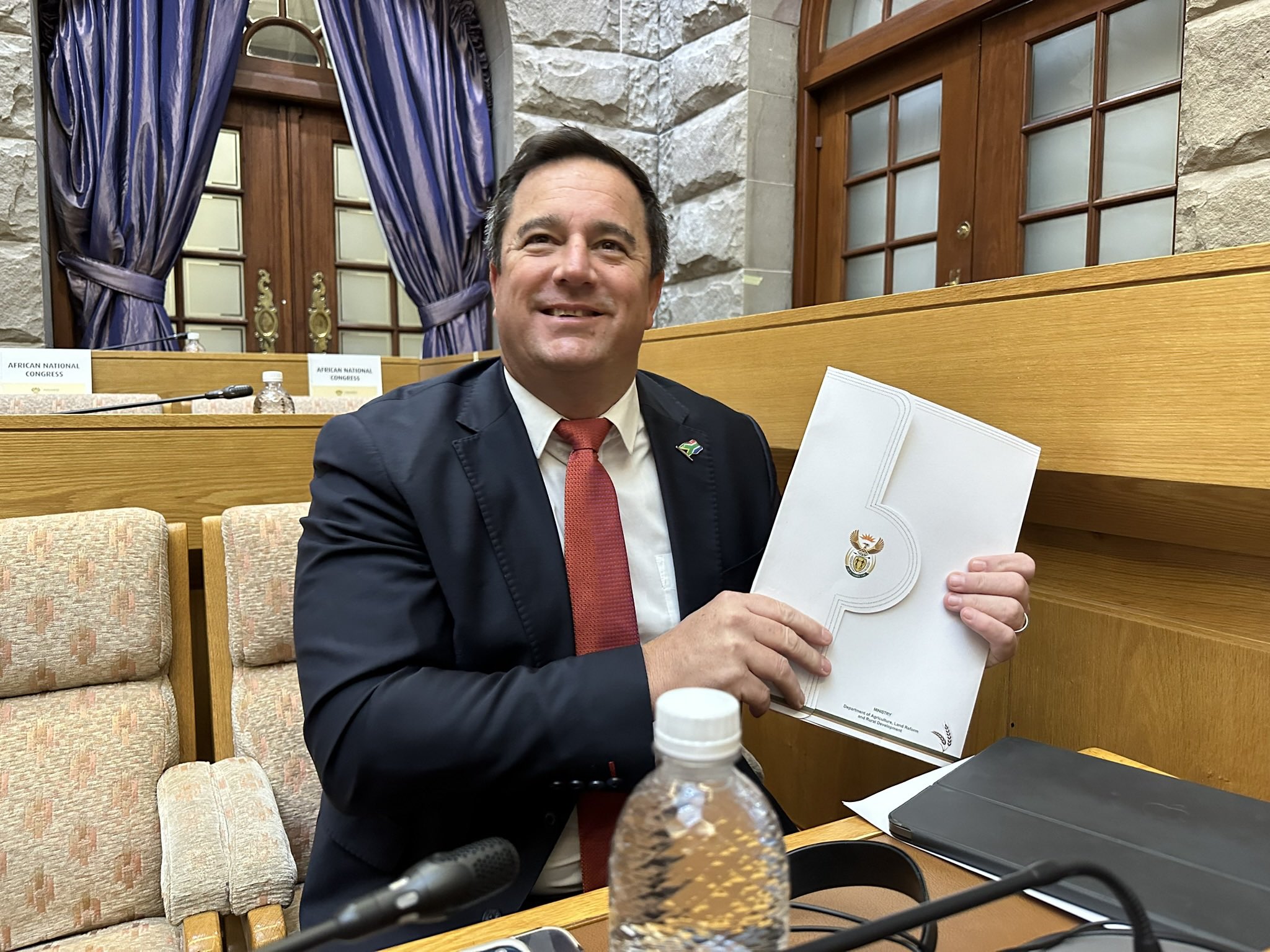 Didiza calls Steenhuisen to order on missing R500million
Didiza calls Steenhuisen to order on missing R500million
-
 Limpopo DG used fake intelligence letter to fire spin doctor - Nehawu
Limpopo DG used fake intelligence letter to fire spin doctor - Nehawu
-
 UCT student turns craving for kota into thriving business
UCT student turns craving for kota into thriving business
-
 Ekurhuleni City’s finance MMC and CIO clash over billing system
Ekurhuleni City’s finance MMC and CIO clash over billing system
-
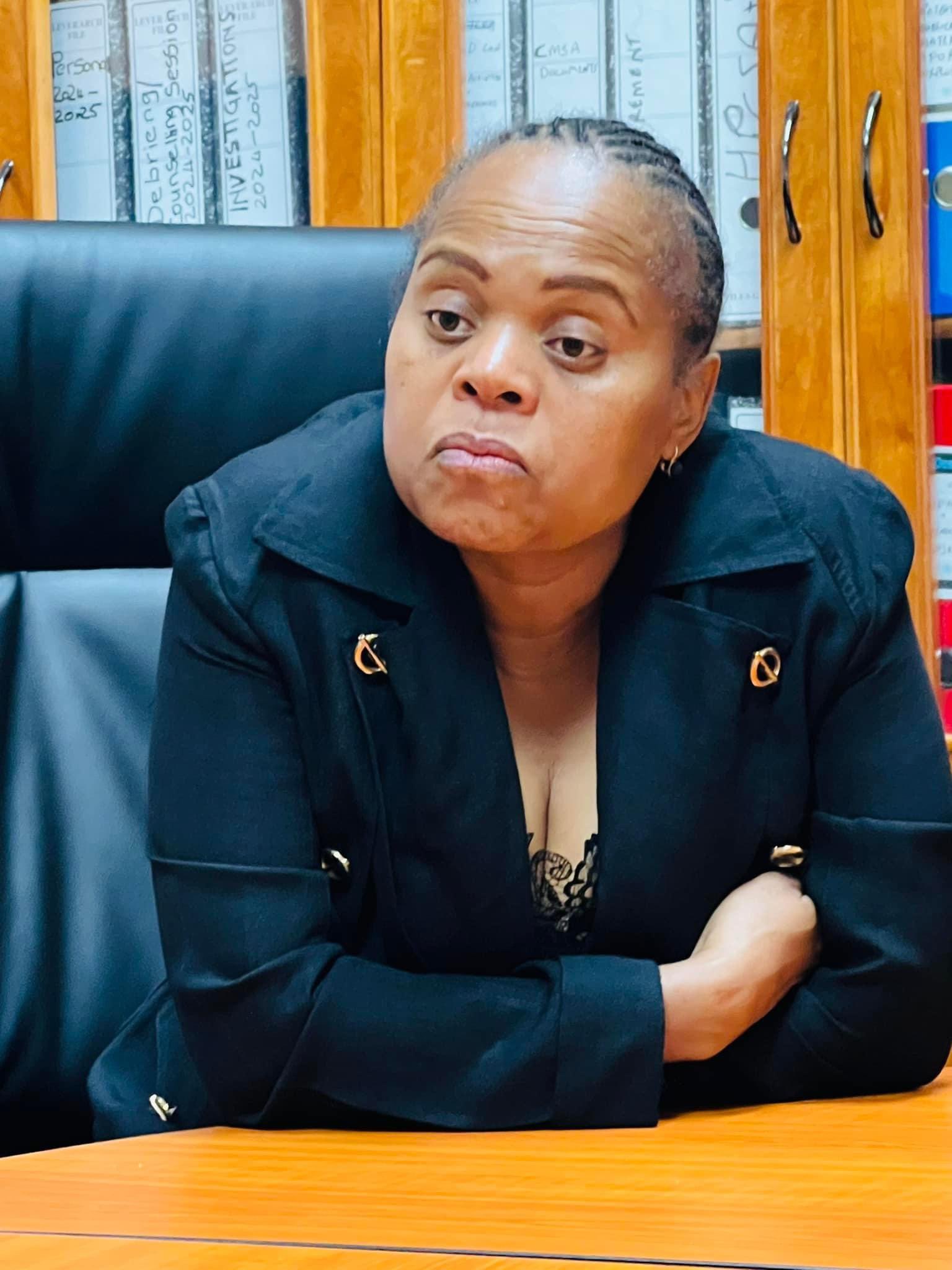 Four ANC-led provinces will have new premiers, besieged Phophi Ramathuba among them
Four ANC-led provinces will have new premiers, besieged Phophi Ramathuba among them
-
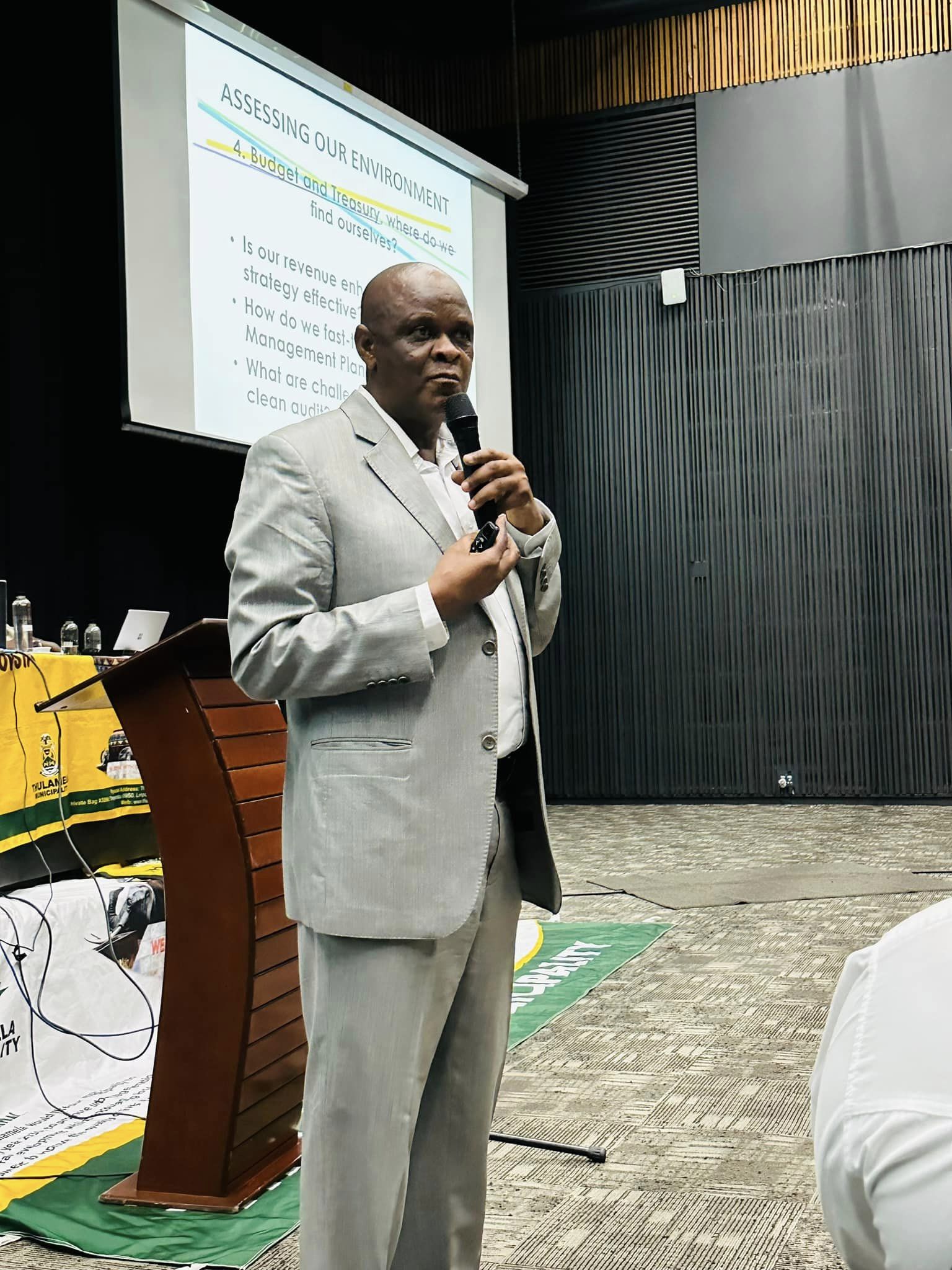 Hawks pounce on Thulamela municipal officials, confiscate electronic devices
Hawks pounce on Thulamela municipal officials, confiscate electronic devices
-
 Free State police act harshly on get-rich quick scammers
Free State police act harshly on get-rich quick scammers
-
 UMP on a hunt for a vice-chancellor, UCT appoints acclaimed medicine scholar
UMP on a hunt for a vice-chancellor, UCT appoints acclaimed medicine scholar
-
 SA company on track to complete biggest water treatment plant in SADC region
SA company on track to complete biggest water treatment plant in SADC region
-
 Another racist murder in Delmas
Another racist murder in Delmas
-
 Cubana Maritzburg to close down after landlord decides to accommodate government offices
Cubana Maritzburg to close down after landlord decides to accommodate government offices
-
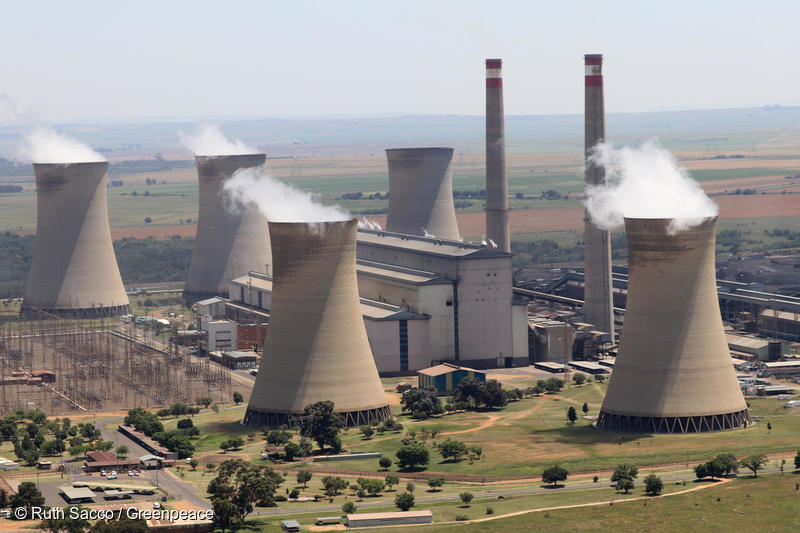 Africa’s large economies are also the major air polluters accounting for 1.1 million premature deaths – report
Africa’s large economies are also the major air polluters accounting for 1.1 million premature deaths – report
-
 ‘Libyan military trainees are a threat to SA’s internal security’ – ISS
‘Libyan military trainees are a threat to SA’s internal security’ – ISS
-
 Limpopo ANC PEC distances itself from Thabazimbi scuffle for power
Limpopo ANC PEC distances itself from Thabazimbi scuffle for power
-
 DA-led coalition wins Thabazimbi after the ANC failed another court bid
DA-led coalition wins Thabazimbi after the ANC failed another court bid
-
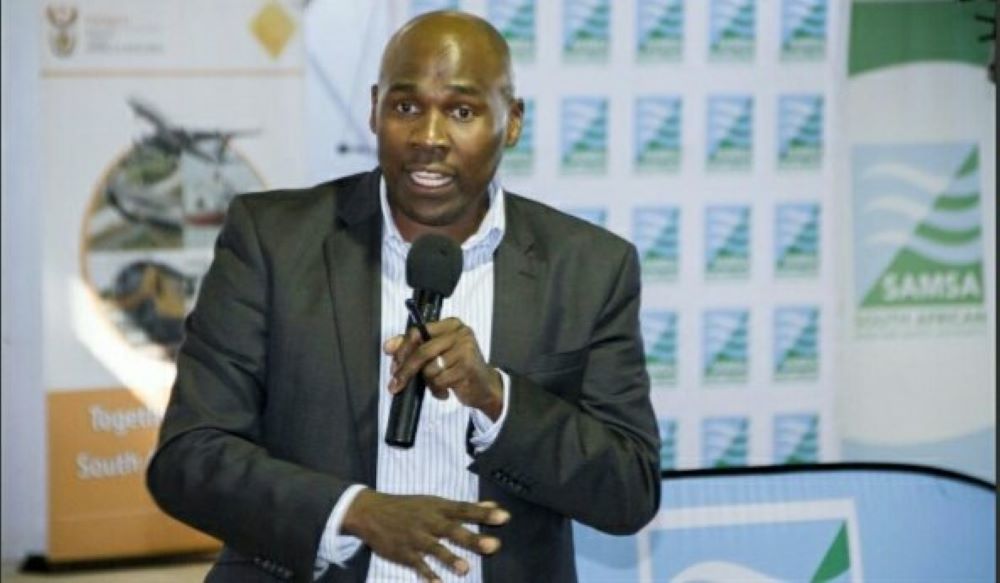 SAMSA COO foisted BEE partner on bunkering company illegally – court confirms
SAMSA COO foisted BEE partner on bunkering company illegally – court confirms
-
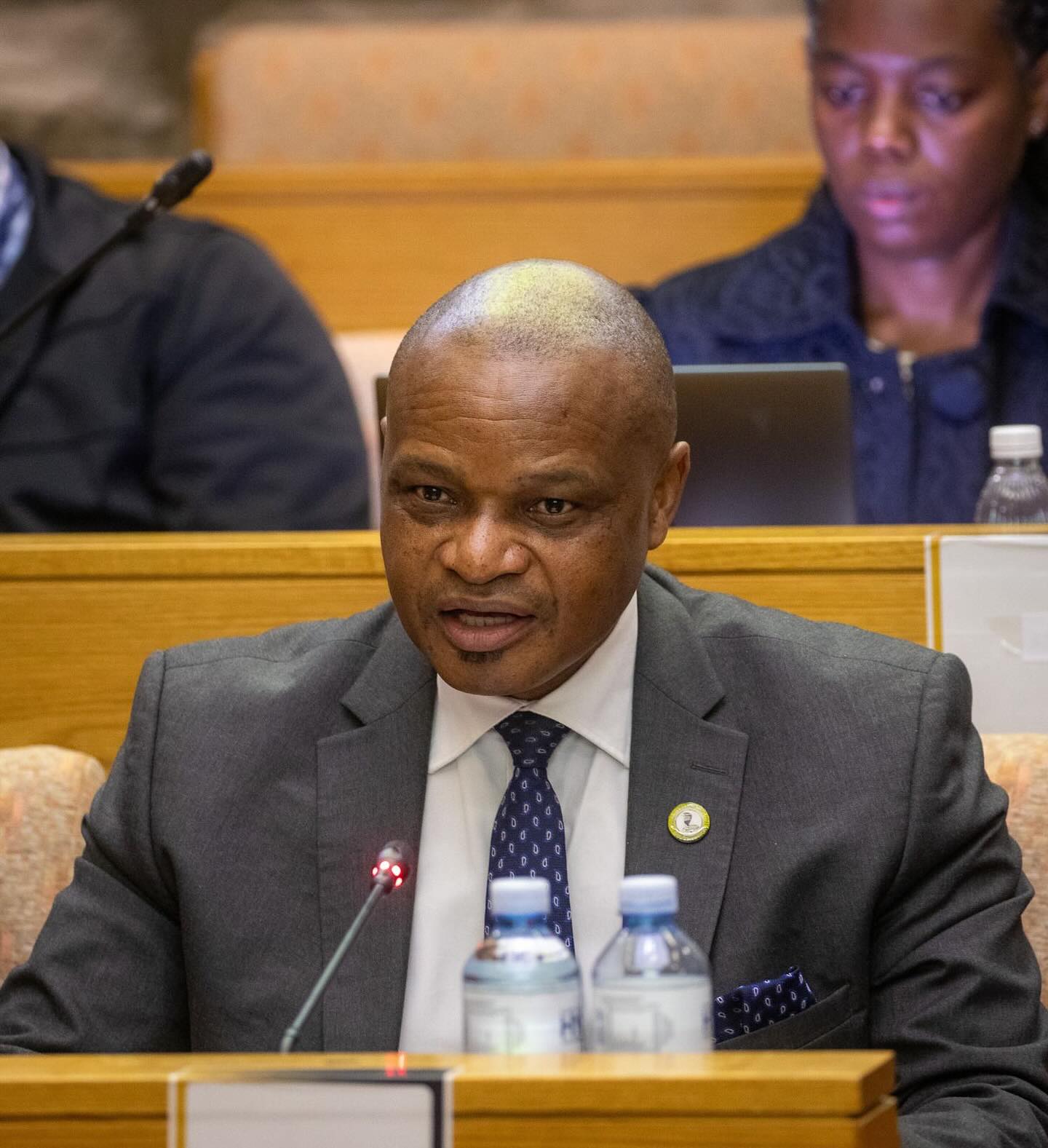 Mpumalanga human settlements officials must be suspended for inflating prices - DA
Mpumalanga human settlements officials must be suspended for inflating prices - DA
-
 Use of drugs to cope with unpleasant feelings rather than socialising lead adolescents to abuse – UCT study
Use of drugs to cope with unpleasant feelings rather than socialising lead adolescents to abuse – UCT study
-
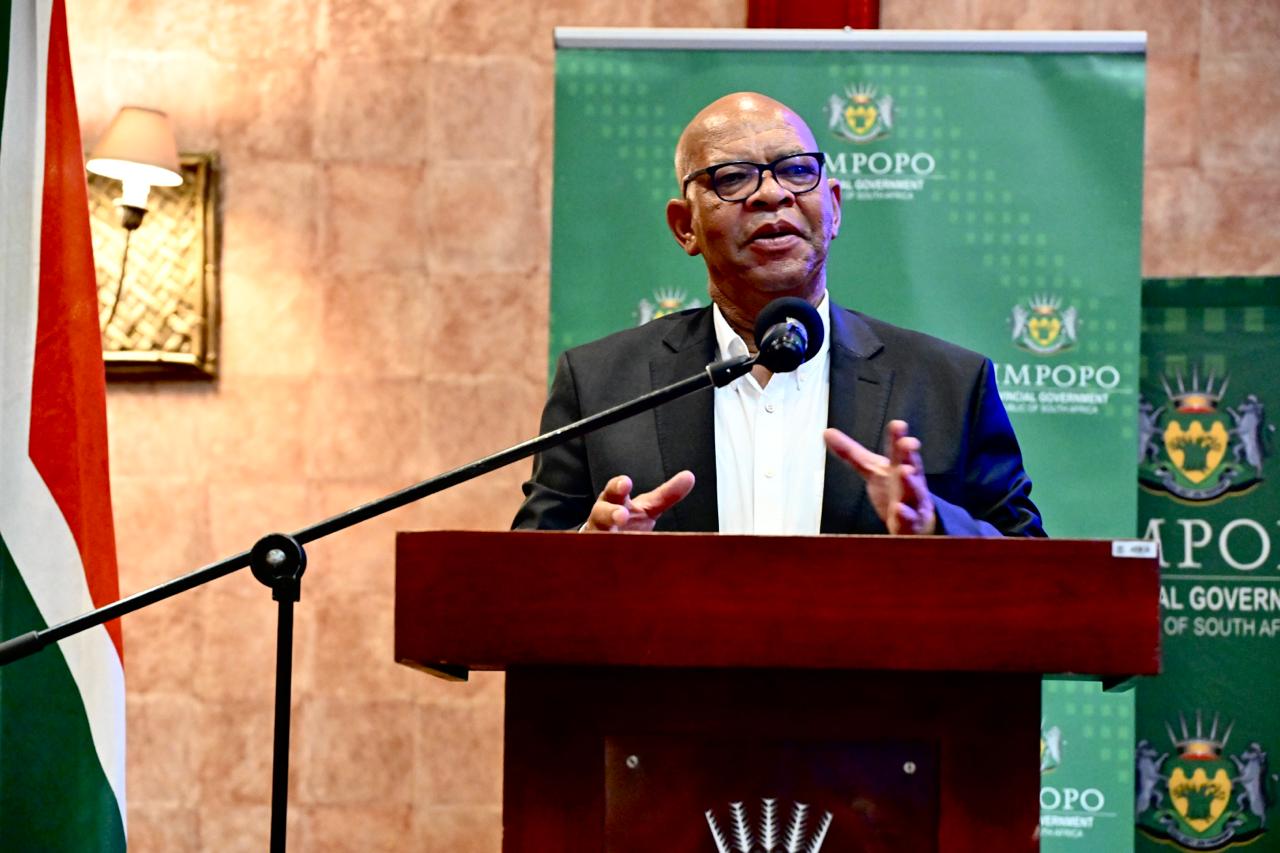 MP Joe Maswanganyi's relative fails a Concourt bid to remain chief in Limpopo
MP Joe Maswanganyi's relative fails a Concourt bid to remain chief in Limpopo
-
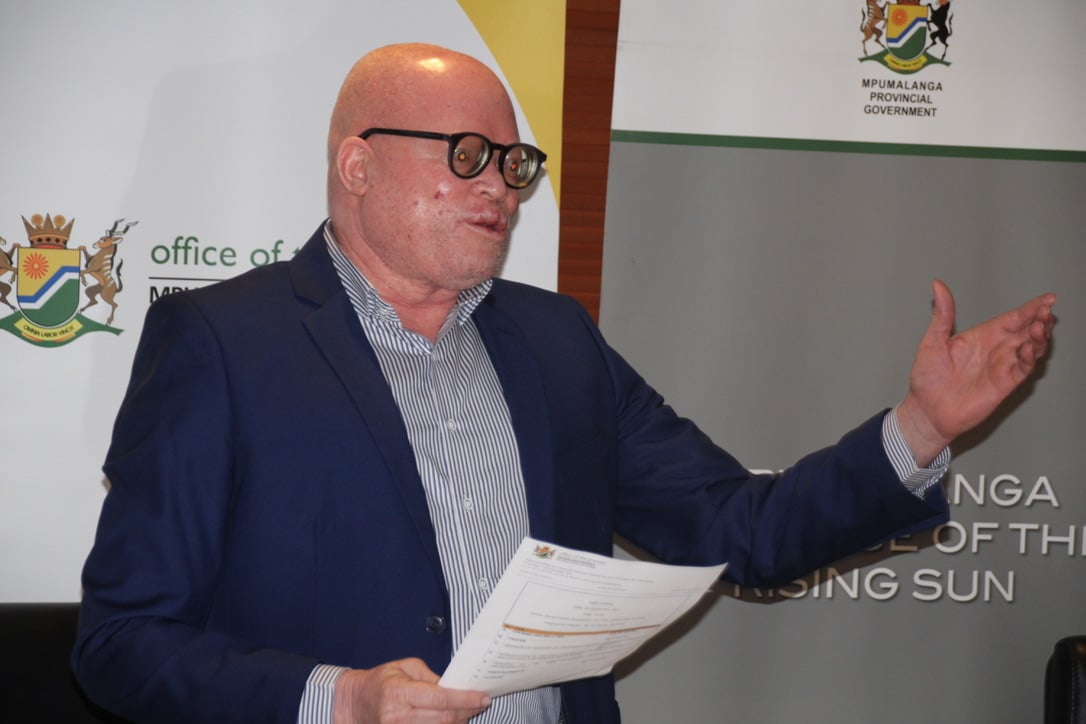 Mpumalanga DG left his job as province became wilder again with shootings of officials
Mpumalanga DG left his job as province became wilder again with shootings of officials
-
SSC Group acquires 100% shareholding of mine exploration giant
-
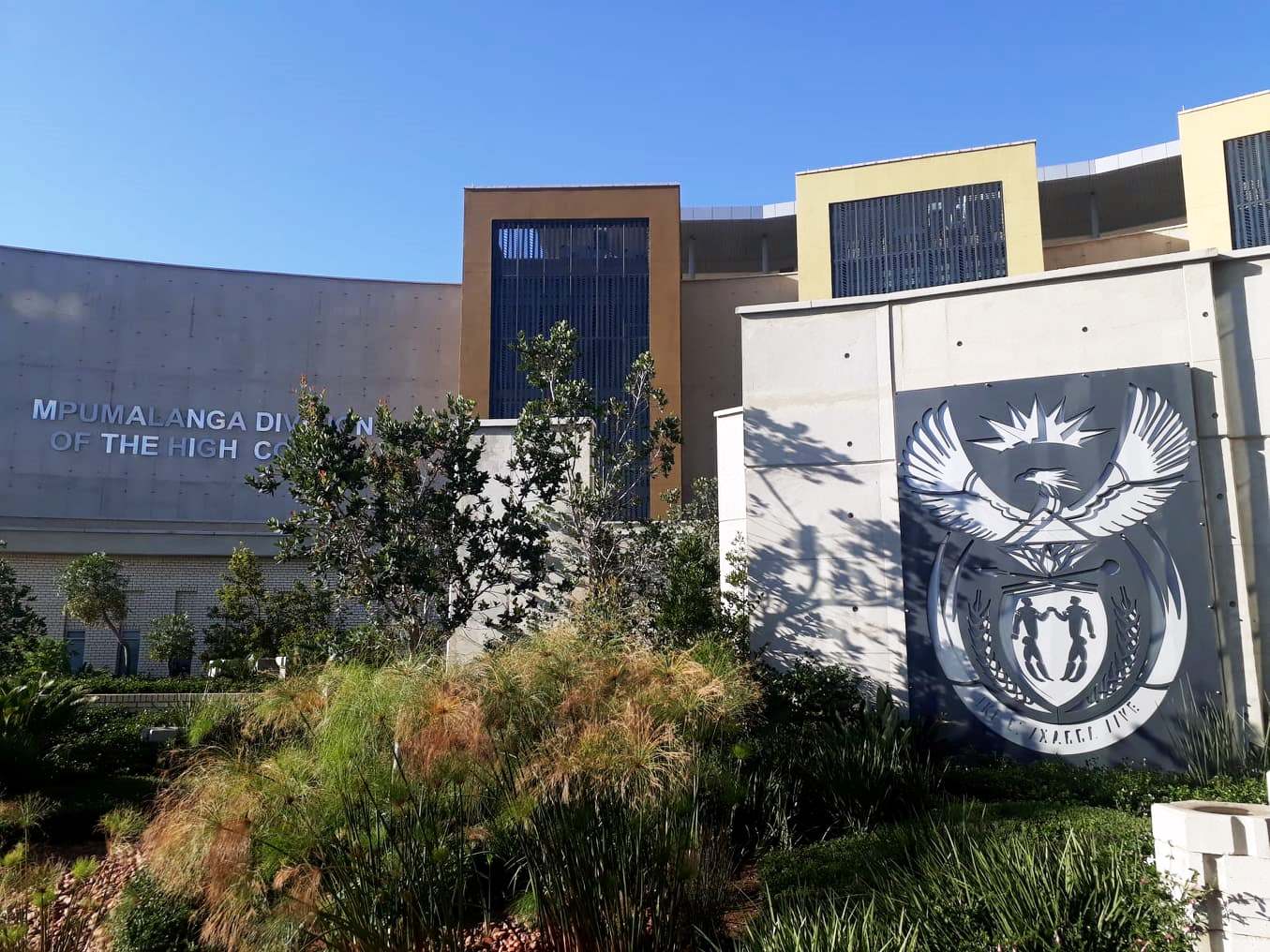 Basic Education’s legal team studying court judgment ordering the release of cheating learners’ results
Basic Education’s legal team studying court judgment ordering the release of cheating learners’ results
-
 Former Zim vice-president leaves embattled son alone as he withdraws from a lawsuit against Welshman Ncube
Former Zim vice-president leaves embattled son alone as he withdraws from a lawsuit against Welshman Ncube
-
 ‘I want my abandoned siblings to be recognised in the royal family’ – Royal Bafokeng throne claimant
‘I want my abandoned siblings to be recognised in the royal family’ – Royal Bafokeng throne claimant
-
 Limpopo DG must resign for abandoning report about a director who jazzed up his CV – Nehawu
Limpopo DG must resign for abandoning report about a director who jazzed up his CV – Nehawu
-
 Tesla and BYD Auto still leading in the production of clean vehicles
Tesla and BYD Auto still leading in the production of clean vehicles
-
 MEC distances herself from the loss of Northern Cape farm workers in equity schemes
MEC distances herself from the loss of Northern Cape farm workers in equity schemes
-
 Loud silence on Lienbenberg’s startling allegations against Ramaphosa
Loud silence on Lienbenberg’s startling allegations against Ramaphosa
-
 SOMETHING FISHY: Mpumalanga HOD’s house, car raided to ‘find a R3m stash’
SOMETHING FISHY: Mpumalanga HOD’s house, car raided to ‘find a R3m stash’
-
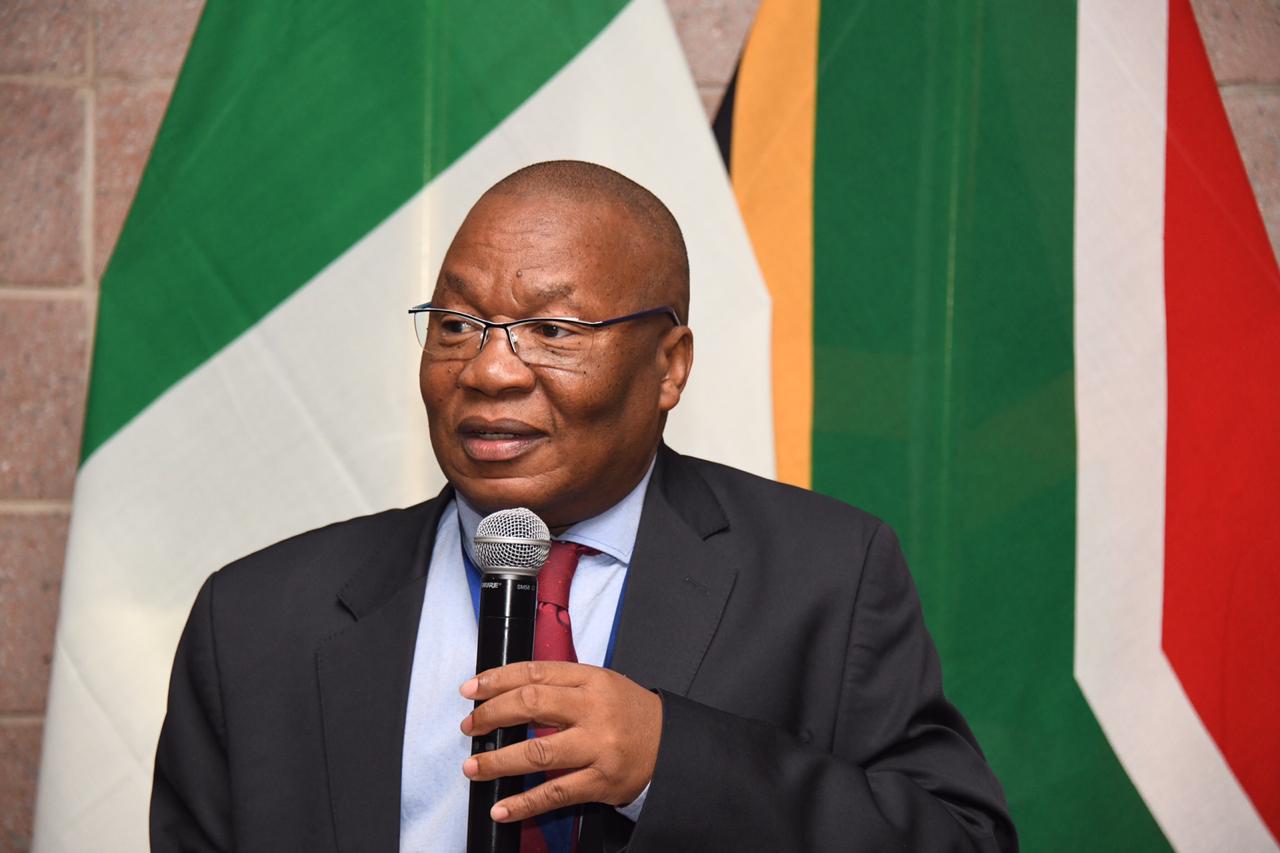 SCA vindicated under fire Limpopo Treasury MEC Kgabo Mahoai for Dirco payment
SCA vindicated under fire Limpopo Treasury MEC Kgabo Mahoai for Dirco payment
-
 Engineering professor, Mulalo Doyoyo, posthumously awarded the Order of Mapungubwe
Engineering professor, Mulalo Doyoyo, posthumously awarded the Order of Mapungubwe
-
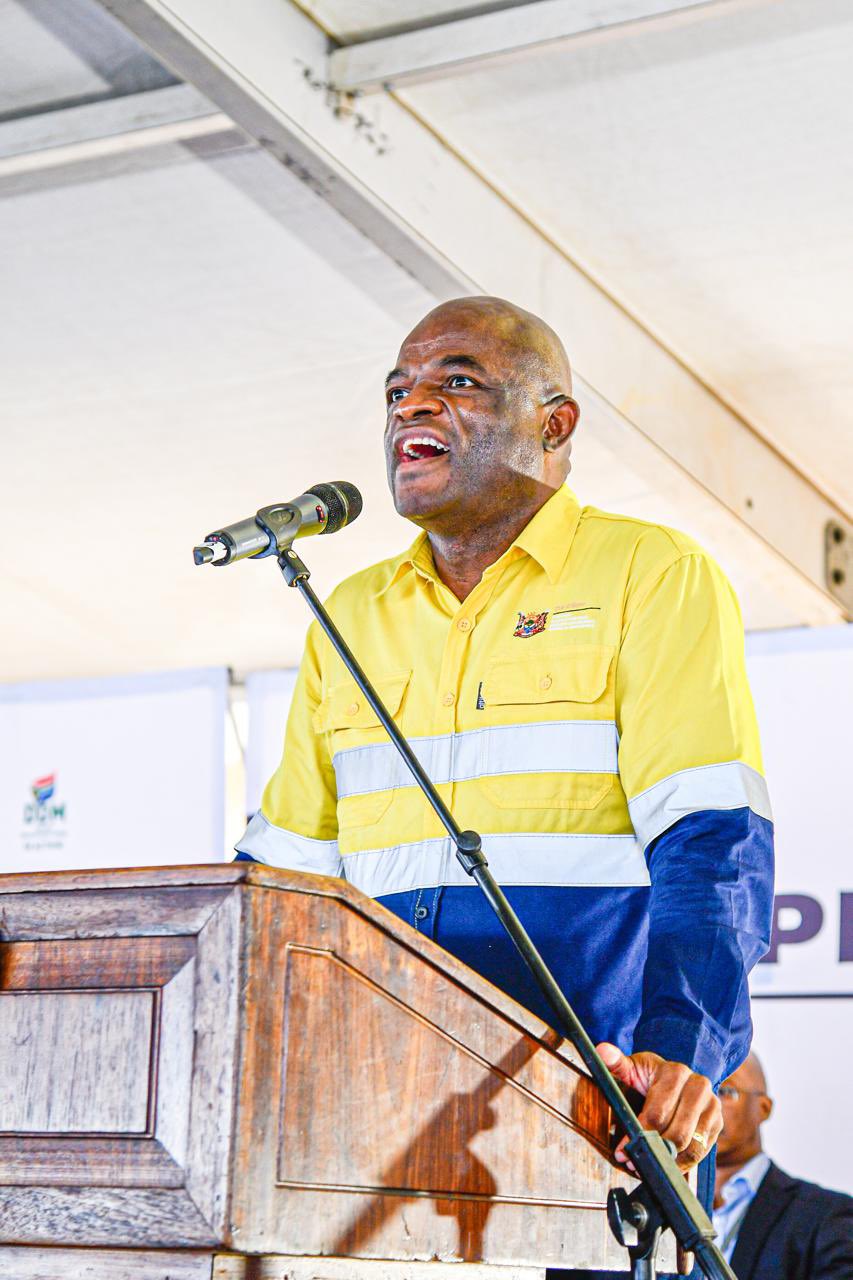 How white farmers used big Afrikaans to rob us of life-changing shares – Agri-BEE beneficiary
How white farmers used big Afrikaans to rob us of life-changing shares – Agri-BEE beneficiary
-
 PPE corruption-linked Mpumalanga officials still have their jobs
PPE corruption-linked Mpumalanga officials still have their jobs
-
 Audit committee finds many wrongs with Mopani EPWP programme, but municipality promises to act swiftly
Audit committee finds many wrongs with Mopani EPWP programme, but municipality promises to act swiftly
-
 Engineer not worried by failure to review and set aside SIU’s ‘one-sided’ report
Engineer not worried by failure to review and set aside SIU’s ‘one-sided’ report
-
 Mulaudzi rises from the ashes with a R2bn mining deal
Mulaudzi rises from the ashes with a R2bn mining deal
-
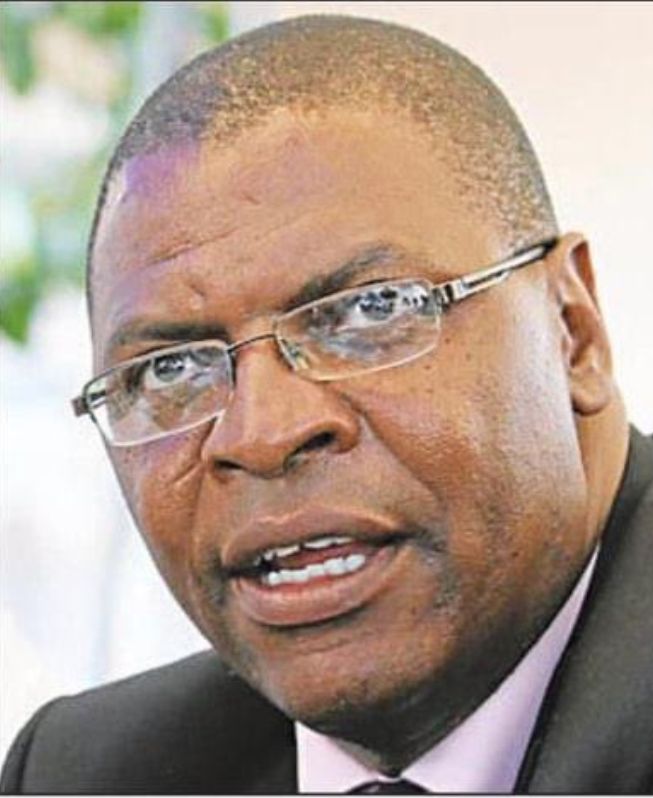 Law Society of Zimbabwe has failed to probe a complaint against Welshman Ncube
Law Society of Zimbabwe has failed to probe a complaint against Welshman Ncube
-
 Foundation to introduce the ‘real chief’ of Royal Bafokeng
Foundation to introduce the ‘real chief’ of Royal Bafokeng
-
UCT signs agreement to train football administrators in Africa
-
 Isilo’s threat to approach International Court ‘worrying and concerning’ – Didiza
Isilo’s threat to approach International Court ‘worrying and concerning’ – Didiza
-
 The unknown engineer we snubbed has left us
The unknown engineer we snubbed has left us
-
 Robert Gumede’s consortium declined to buy a vote for R600m
Robert Gumede’s consortium declined to buy a vote for R600m
-
 Public Protector rejected a complaint that could have saved public resources
Public Protector rejected a complaint that could have saved public resources
-
 VBS investigation must net every implicated individual irrespective of political status - SACP
VBS investigation must net every implicated individual irrespective of political status - SACP
-
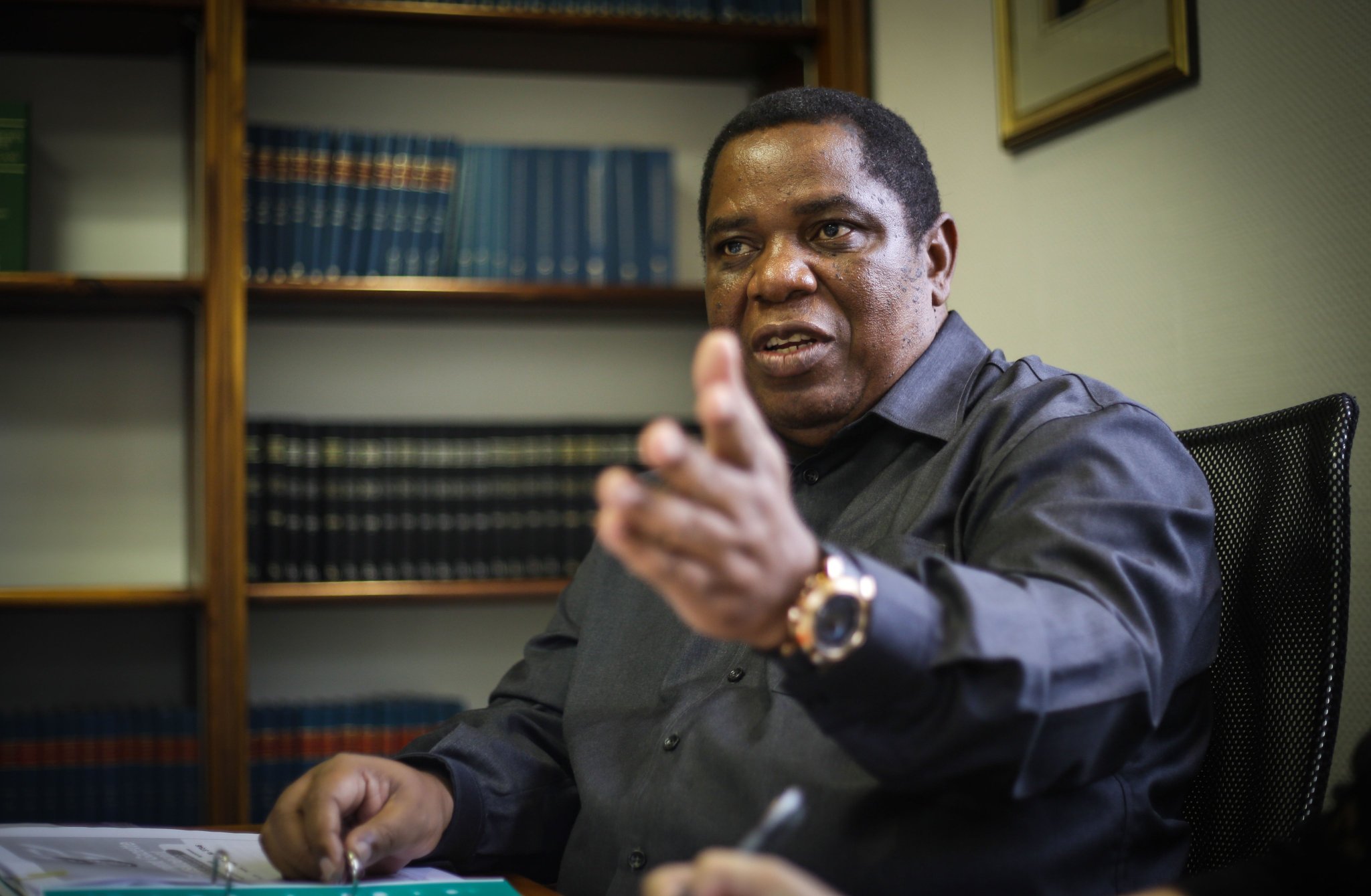 Vision Investments unperturbed by shareholders vote, going ahead with plan to rescue THL
Vision Investments unperturbed by shareholders vote, going ahead with plan to rescue THL
-
 Northern Cape government refuses to pay for investigation into fronting scam of farm workers
Northern Cape government refuses to pay for investigation into fronting scam of farm workers
-
 CETA board evades questions on CEO’s tender ‘irregularities’
CETA board evades questions on CEO’s tender ‘irregularities’
-
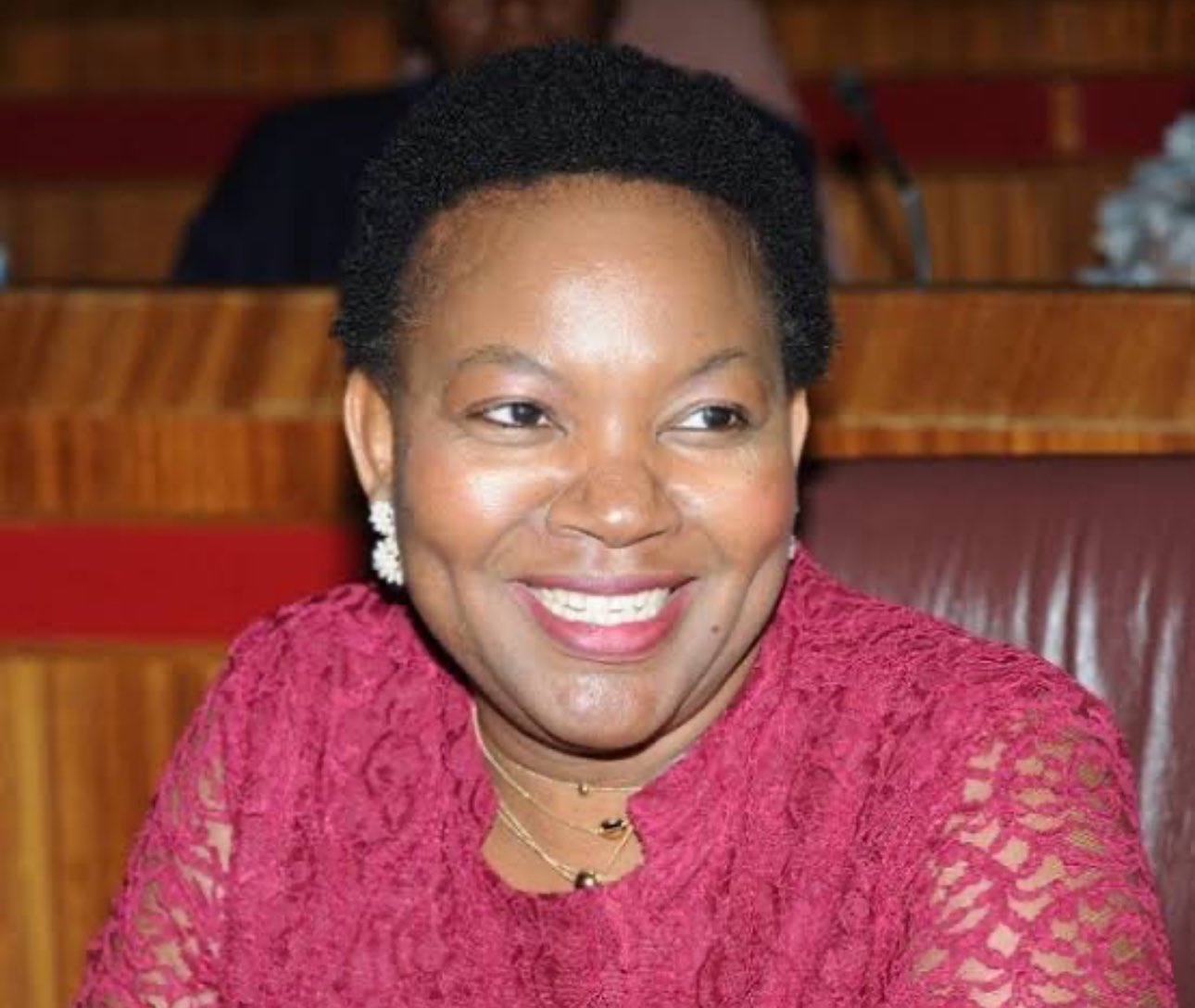 Limpopo education challenges directive to pay R17m in teachers’ rural incentives
Limpopo education challenges directive to pay R17m in teachers’ rural incentives
-
 NPA still pursuing fraud case against deputy minister Bernice Swarts
NPA still pursuing fraud case against deputy minister Bernice Swarts
-
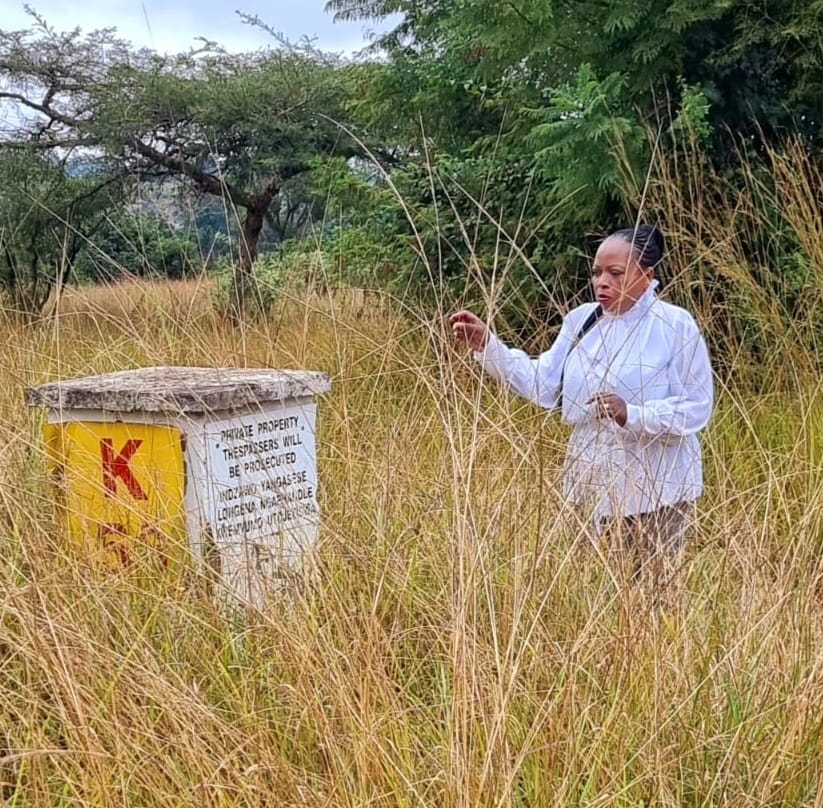 Mpumalanga premier’s R404.6 million headache
Mpumalanga premier’s R404.6 million headache
-
 MEC goes to court to reverse CFO’s appointment in Mpumalanga’s capital city
MEC goes to court to reverse CFO’s appointment in Mpumalanga’s capital city
-
 UN urges advertising agencies to cut ties with fossil fuel companies
UN urges advertising agencies to cut ties with fossil fuel companies
-
 New government should not change land and agriculture policies
New government should not change land and agriculture policies
-
 ANALYSIS: How Limpopo ANC avoided a massive downward spiral
ANALYSIS: How Limpopo ANC avoided a massive downward spiral
-
 There is no need to review agricultural policy after May 29 – chief economist
There is no need to review agricultural policy after May 29 – chief economist
-
 CETA board caves in to pressure and suspend domineering CEO
CETA board caves in to pressure and suspend domineering CEO
-
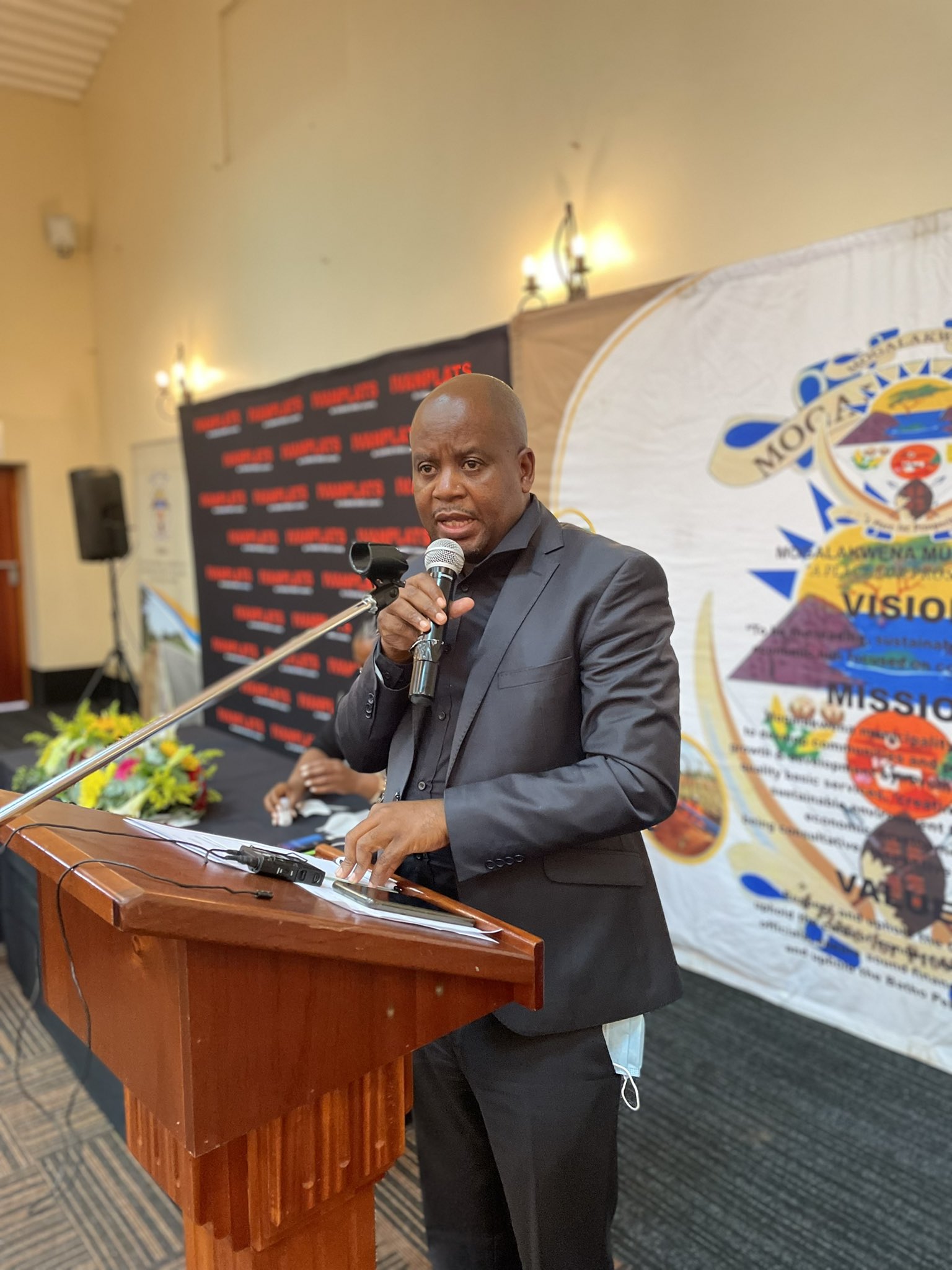 Outside chance for Makamu if tribalism becomes an issue in Limpopo premier candidate nomination
Outside chance for Makamu if tribalism becomes an issue in Limpopo premier candidate nomination
-
 Summit to nudge Africa to take its place in refining clean technology minerals
Summit to nudge Africa to take its place in refining clean technology minerals
-
 ‘Prioritise child nutrition as a political decision’ – NGO
‘Prioritise child nutrition as a political decision’ – NGO
-
 PA still committed to GNU – Chinelle Stevens
PA still committed to GNU – Chinelle Stevens
-
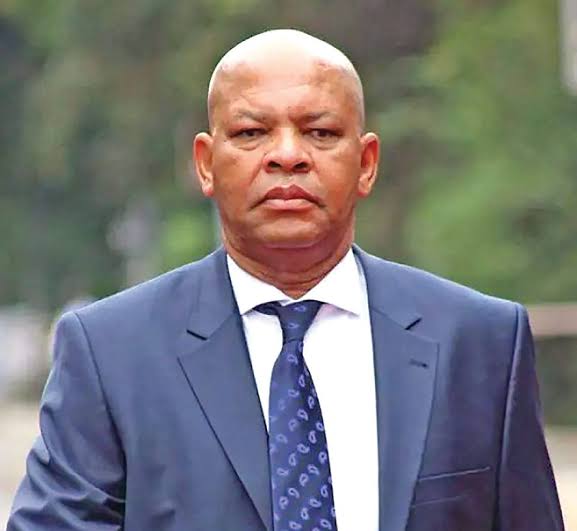 Mathabatha halts corruption-riddled recruitment process and launches an investigation
Mathabatha halts corruption-riddled recruitment process and launches an investigation
-
 Mulaudzi’s Luvhomba Group signs arms deal with Chinese company
Mulaudzi’s Luvhomba Group signs arms deal with Chinese company
-
 SAFLII questioned for changing a judgement in an on-going case
SAFLII questioned for changing a judgement in an on-going case
-
 Deputy minister admits R500k debt but reneges promise to pay
Deputy minister admits R500k debt but reneges promise to pay
-
 Zulu king’s prime minister mum about action against sexual harassment accuser, but threatens MEC
Zulu king’s prime minister mum about action against sexual harassment accuser, but threatens MEC
-
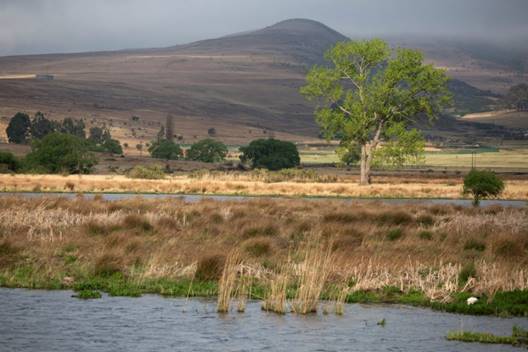 Wakkerstroom coal mine stalls as litigation continue for nearly a decade
Wakkerstroom coal mine stalls as litigation continue for nearly a decade
-
 UCT researchers use cutting-edge technology to identify human remains
UCT researchers use cutting-edge technology to identify human remains
-
 Social grants not doing ANC any favour in these elections – UJ survey
Social grants not doing ANC any favour in these elections – UJ survey
-
 ‘Why is Public Works and Infrastructure deputy minister not stepping aside?’ asks businessman who laid a fraud charge in 2013
‘Why is Public Works and Infrastructure deputy minister not stepping aside?’ asks businessman who laid a fraud charge in 2013
-
.jpg) Elite Mpumalanga school fires whistleblowing director on R4m misappropriation
Elite Mpumalanga school fires whistleblowing director on R4m misappropriation
-
 Msibi contemplates resigning from ANC due to ‘persistent persecution’
Msibi contemplates resigning from ANC due to ‘persistent persecution’
-
.jpg) Audit report exposes former executive for staging kidnapping to pay blacklisted buddy
Audit report exposes former executive for staging kidnapping to pay blacklisted buddy
-
 Cryptocurrency scam suspect lied about closing his account after 'robbery at gunpoint'
Cryptocurrency scam suspect lied about closing his account after 'robbery at gunpoint'
-
 New Africa Trade Unit leader aims to urge African entrepreneurs to invest outside their countries
New Africa Trade Unit leader aims to urge African entrepreneurs to invest outside their countries
-
 ‘My bank details were stolen to run crypto scam’ – says Sandile Unruly Matsheke
‘My bank details were stolen to run crypto scam’ – says Sandile Unruly Matsheke
-
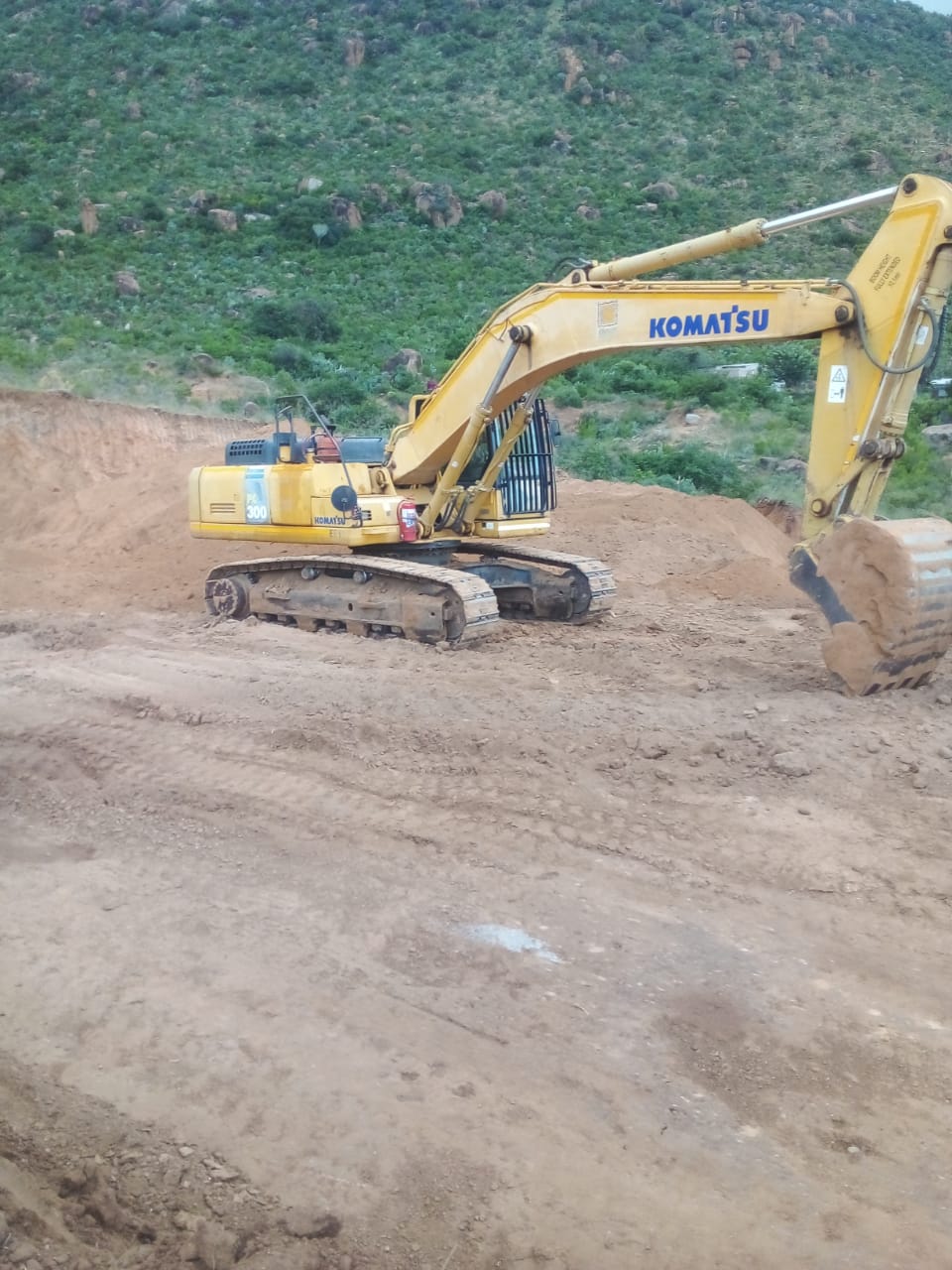 MINING TRAUMA SERIES: Motsepe’s mine managers accused of snubbing DMRE advice to build a ventilation shaft on communal land
MINING TRAUMA SERIES: Motsepe’s mine managers accused of snubbing DMRE advice to build a ventilation shaft on communal land
-
 Dear President Patrice Motsepe
Dear President Patrice Motsepe
-
 Despite a R71.2 million surplus, KZN Film Commission's officials are under probe for malfeasance
Despite a R71.2 million surplus, KZN Film Commission's officials are under probe for malfeasance
-
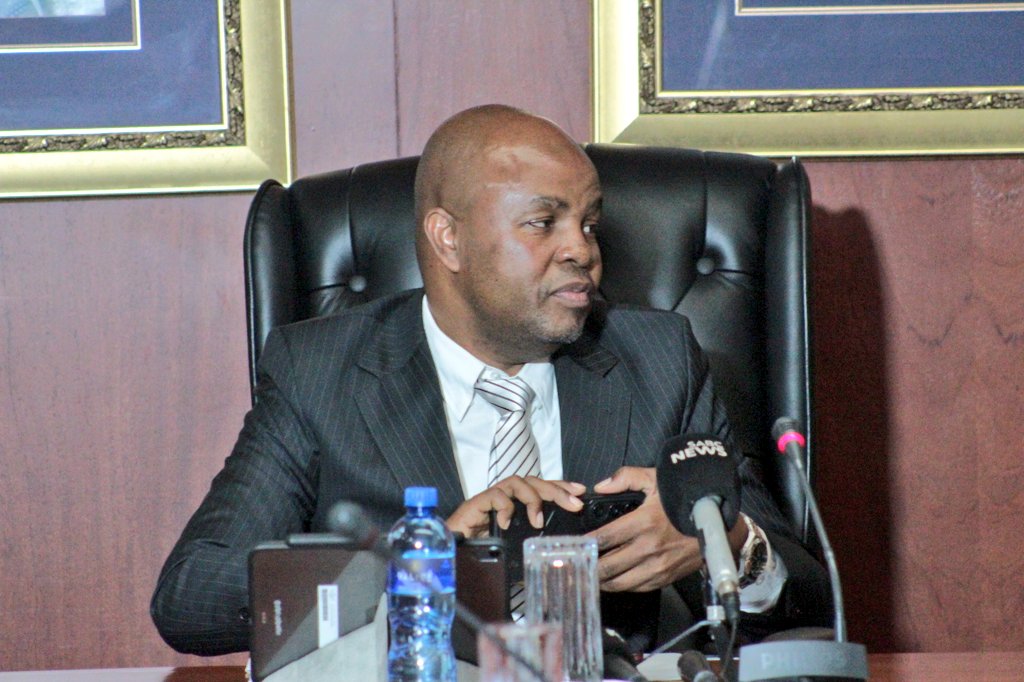 Ndlovu moves past 60/40 gender equity hurdle in Mpumalanga cabinet, North-West’s Mokgosi still stuck
Ndlovu moves past 60/40 gender equity hurdle in Mpumalanga cabinet, North-West’s Mokgosi still stuck
-
 ANC, Ekurhuleni council accused of dragging feet in disciplining police chief facing allegations of being a sex pest
ANC, Ekurhuleni council accused of dragging feet in disciplining police chief facing allegations of being a sex pest
-
 Cryptocurrency scammers leave investors high and dry
Cryptocurrency scammers leave investors high and dry
-
 Court dismisses ‘biased’ MEC’s decision to allow mining in a Mpumalanga wetland
Court dismisses ‘biased’ MEC’s decision to allow mining in a Mpumalanga wetland
-
 Mpumalanga premier sues newspaper for defamation
Mpumalanga premier sues newspaper for defamation
-
 Robert Gumede's consortium lays fraud charge on sugar bidding
Robert Gumede's consortium lays fraud charge on sugar bidding
-
 Olympians take a hardline stance against Toyota for global warming and demand action from the IOC
Olympians take a hardline stance against Toyota for global warming and demand action from the IOC
-
 Groblersdal police refuse to open a case against VBS-implicated Limpopo MEC
Groblersdal police refuse to open a case against VBS-implicated Limpopo MEC
-
 ‘Mmabana Foundation is a money-laundering scheme’ – North West DA
‘Mmabana Foundation is a money-laundering scheme’ – North West DA
-
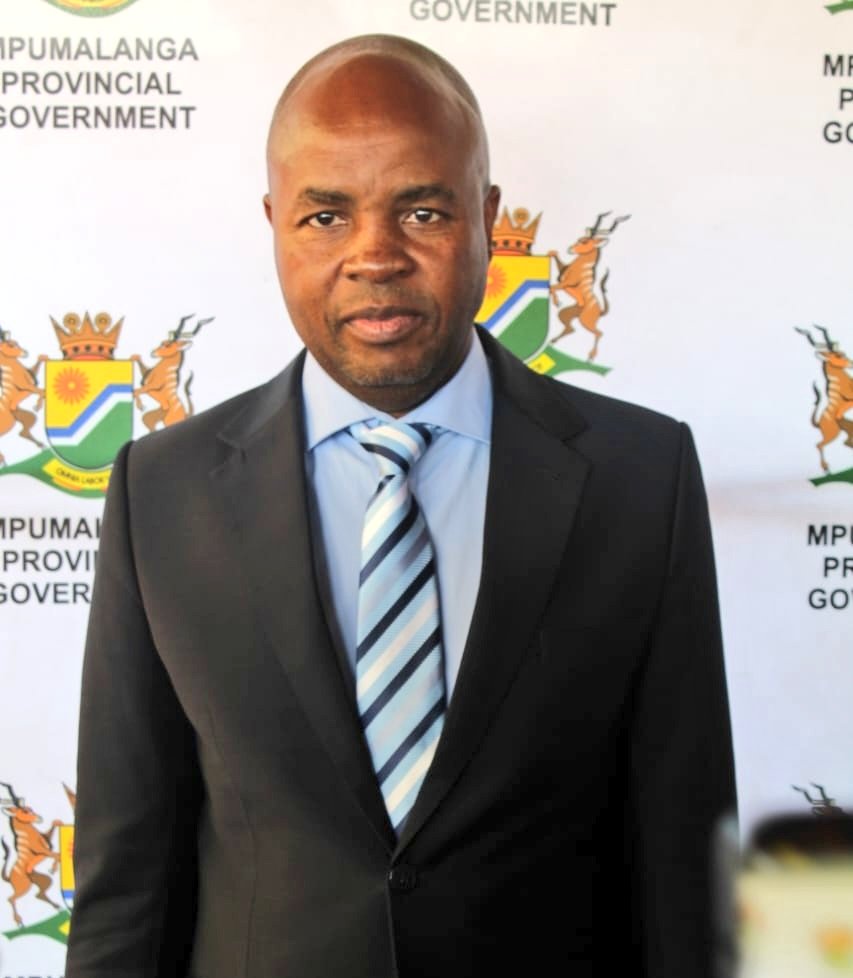 Premier Mandla Ndlovu aiming at politicians’ killers
Premier Mandla Ndlovu aiming at politicians’ killers
-
 Brace yourself for an ANC-led coalition – SRF Tracking Poll
Brace yourself for an ANC-led coalition – SRF Tracking Poll
-
 Resistance to antibiotics need special attention to save lives – experts
Resistance to antibiotics need special attention to save lives – experts
-
 Disgraced Mozambican company bids afresh for Tongaat assets while Gumede’s consortium takes giant leap to finalise its take over
Disgraced Mozambican company bids afresh for Tongaat assets while Gumede’s consortium takes giant leap to finalise its take over
-
 Deputy minister reneges promise to pay R500k debt and then withdraws application to gag businessman and a media house
Deputy minister reneges promise to pay R500k debt and then withdraws application to gag businessman and a media house
-
 A contract that no one wants to talk about: Is Mpumalanga health department hiding something?
A contract that no one wants to talk about: Is Mpumalanga health department hiding something?
-
 ‘I’ll let bygones be bygones’ – Bongo after his discharge from fraud and money laundering case
‘I’ll let bygones be bygones’ – Bongo after his discharge from fraud and money laundering case
-
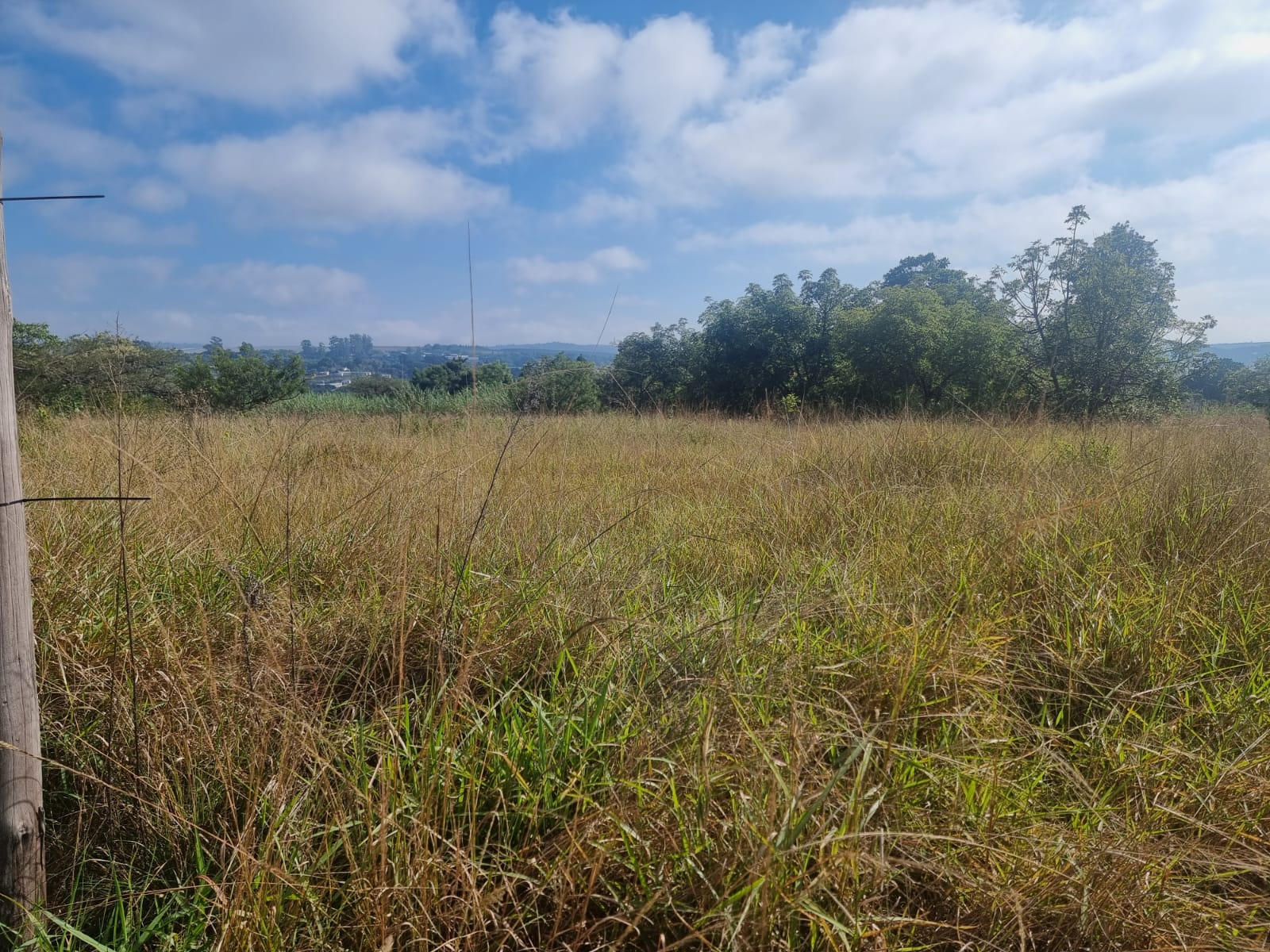 Mpumalanga’s R150 million expenditure ‘down the drain’
Mpumalanga’s R150 million expenditure ‘down the drain’
-
 ‘I’m not usurping amakhosi powers’ – Thoko Didiza
‘I’m not usurping amakhosi powers’ – Thoko Didiza
-
 Welcome to Zolani Balekwa’s ‘artivism’
Welcome to Zolani Balekwa’s ‘artivism’
-
 Being a forensic investigator in Mpumalanga is not for the faint-hearted
Being a forensic investigator in Mpumalanga is not for the faint-hearted
-
 ‘Courts must not gag MPs’ – pleads convicted Eswatini MP
‘Courts must not gag MPs’ – pleads convicted Eswatini MP
-
 UCT research gives thumbs up to home language education
UCT research gives thumbs up to home language education
-
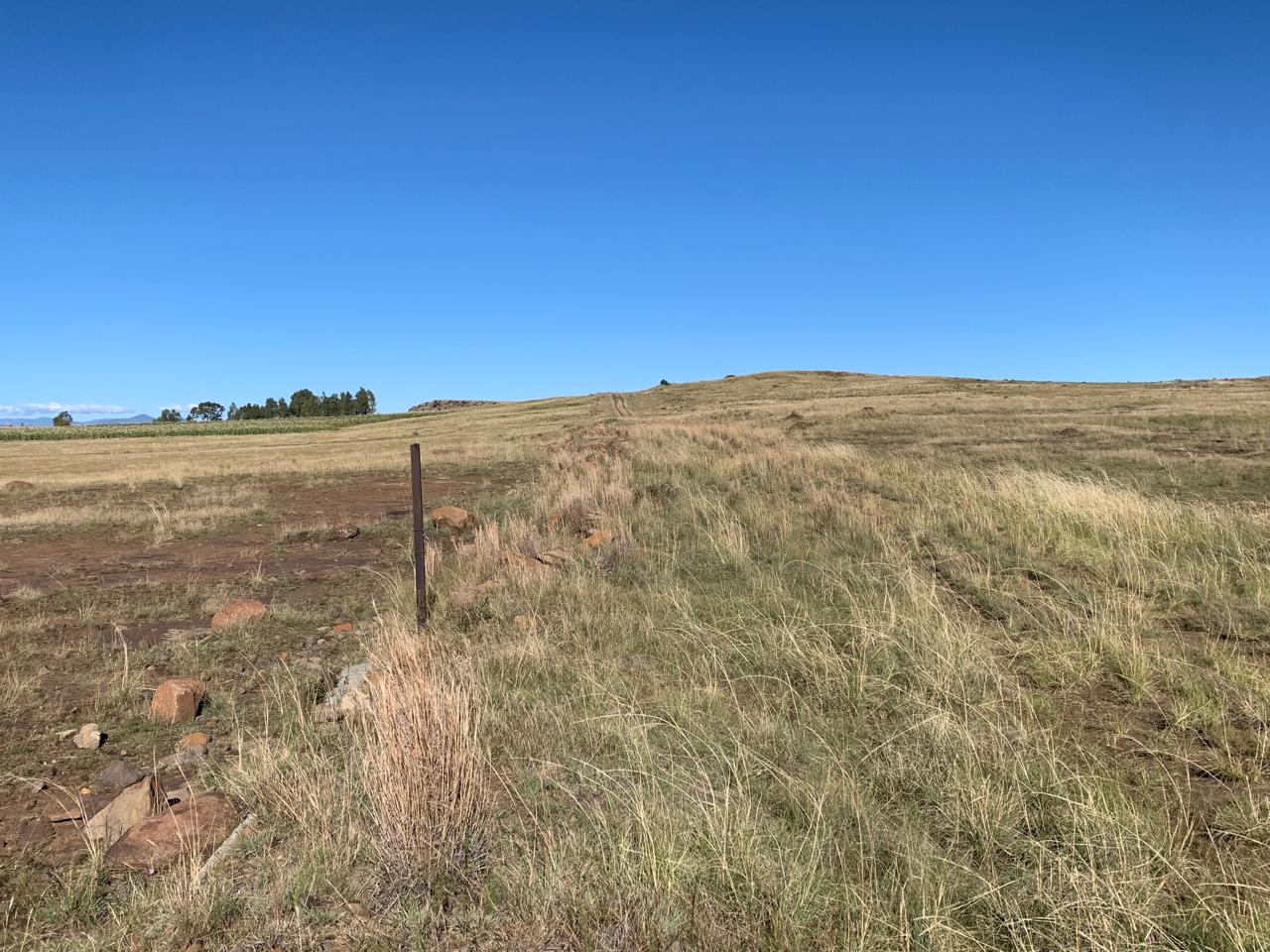 Border between Lesotho and South Africa is not porous but wide open
Border between Lesotho and South Africa is not porous but wide open
-
 Municipalities could have spend R2m for councillors to attend ANC shindig
Municipalities could have spend R2m for councillors to attend ANC shindig
-
 Sekhukhune municipality mum on lost R46.4 million
Sekhukhune municipality mum on lost R46.4 million
-
 ‘I’m not appealing’ – says Mandla Msibi after DC suspends him for three years
‘I’m not appealing’ – says Mandla Msibi after DC suspends him for three years
-
 Lawyer accused of collapsing biggest citrus estate struck off the roll
Lawyer accused of collapsing biggest citrus estate struck off the roll
-
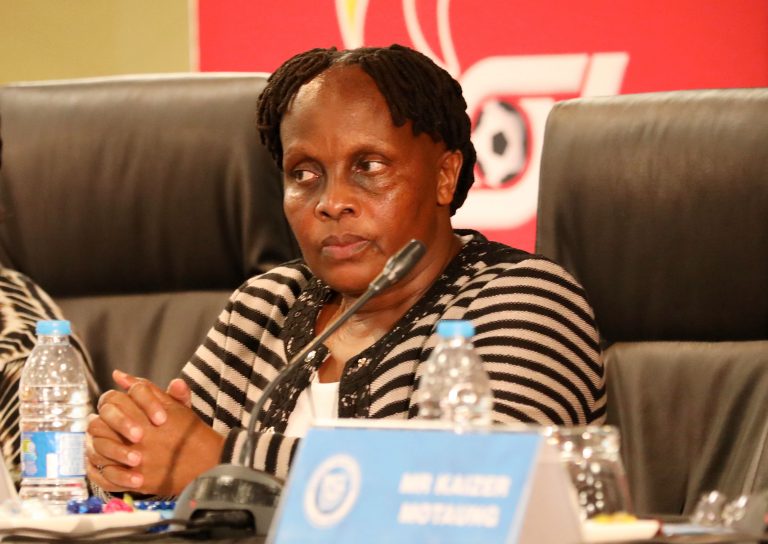 Mpumalanga premier to convince disillusioned PSL to consider bringing matches to Mbombela stadium
Mpumalanga premier to convince disillusioned PSL to consider bringing matches to Mbombela stadium
-
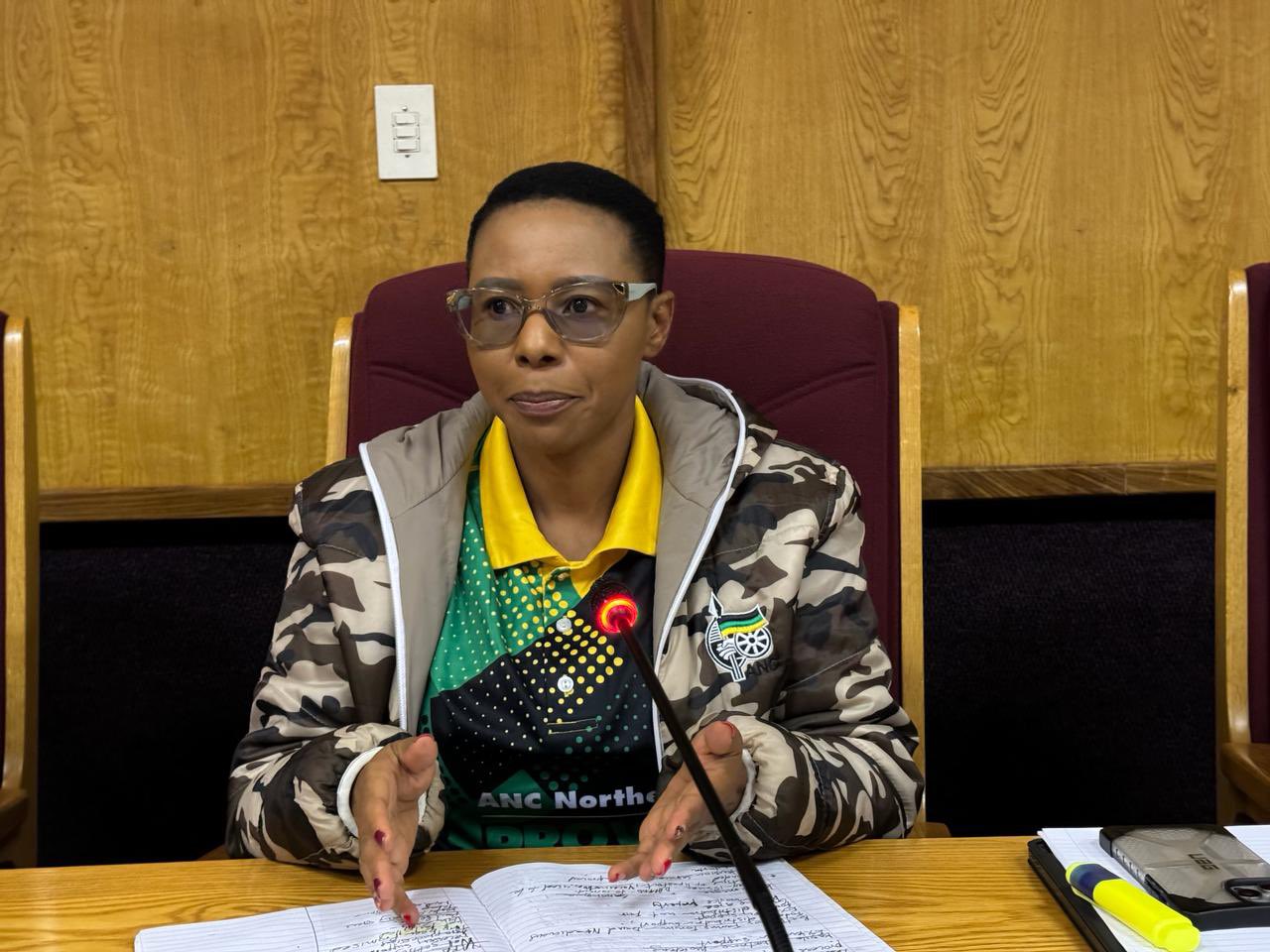 Northern Cape government wimps out of challenging R3.7m payment to an investigator of land scam
Northern Cape government wimps out of challenging R3.7m payment to an investigator of land scam
-
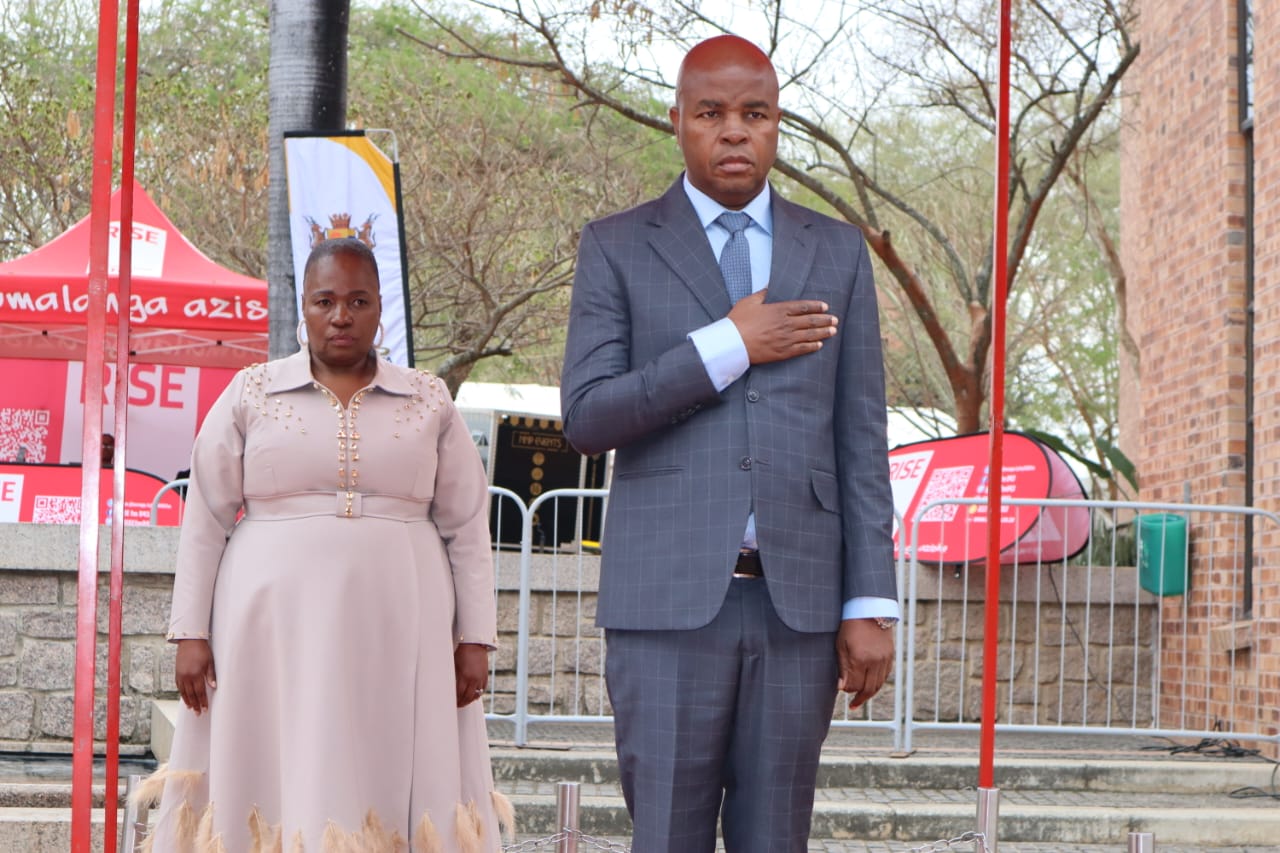 Ndlovu targets 5% economic growth for job creation in all sectors
Ndlovu targets 5% economic growth for job creation in all sectors
-
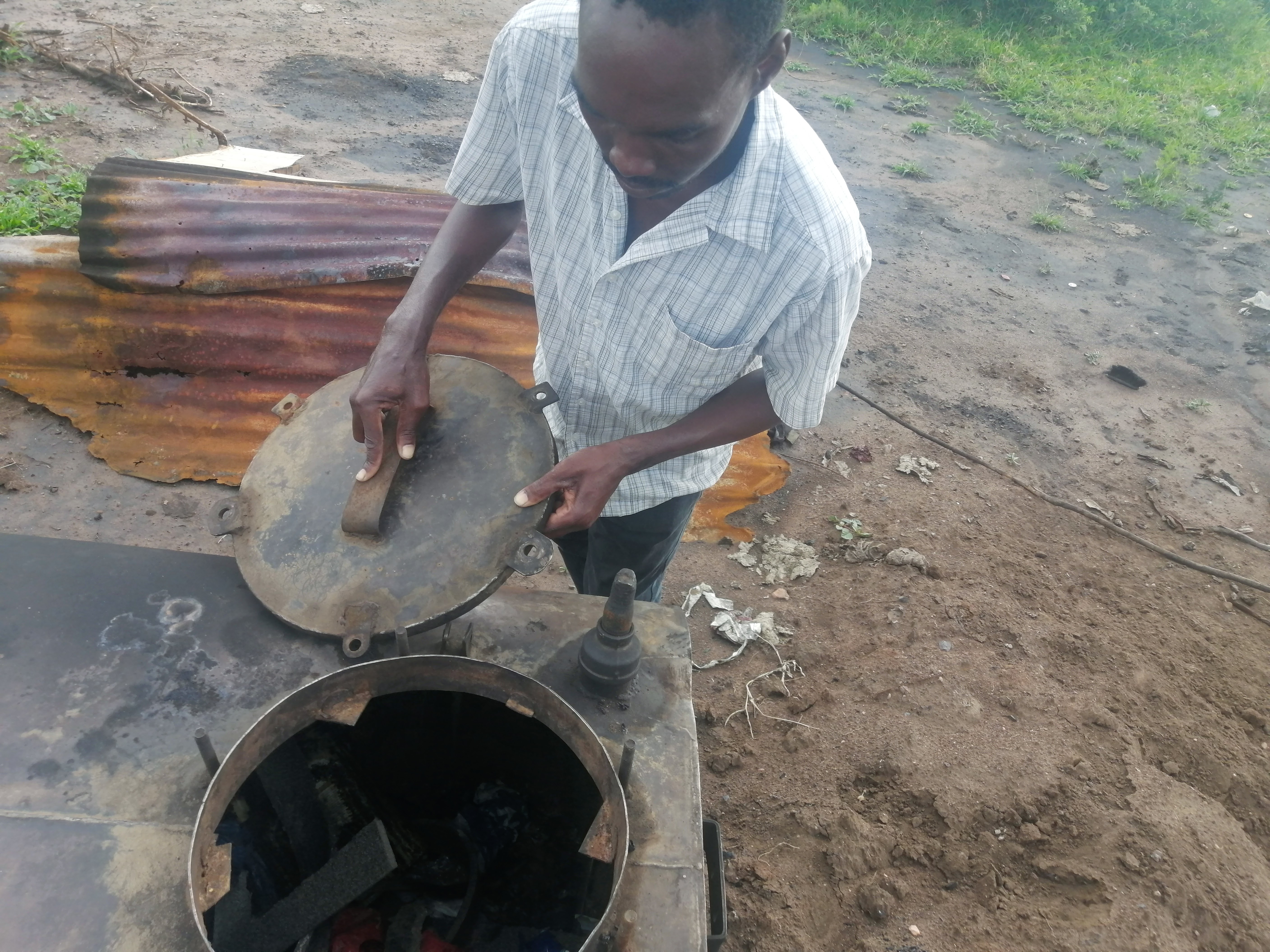 Village diesel producer’s breakthrough as he gets his first big order
Village diesel producer’s breakthrough as he gets his first big order
-
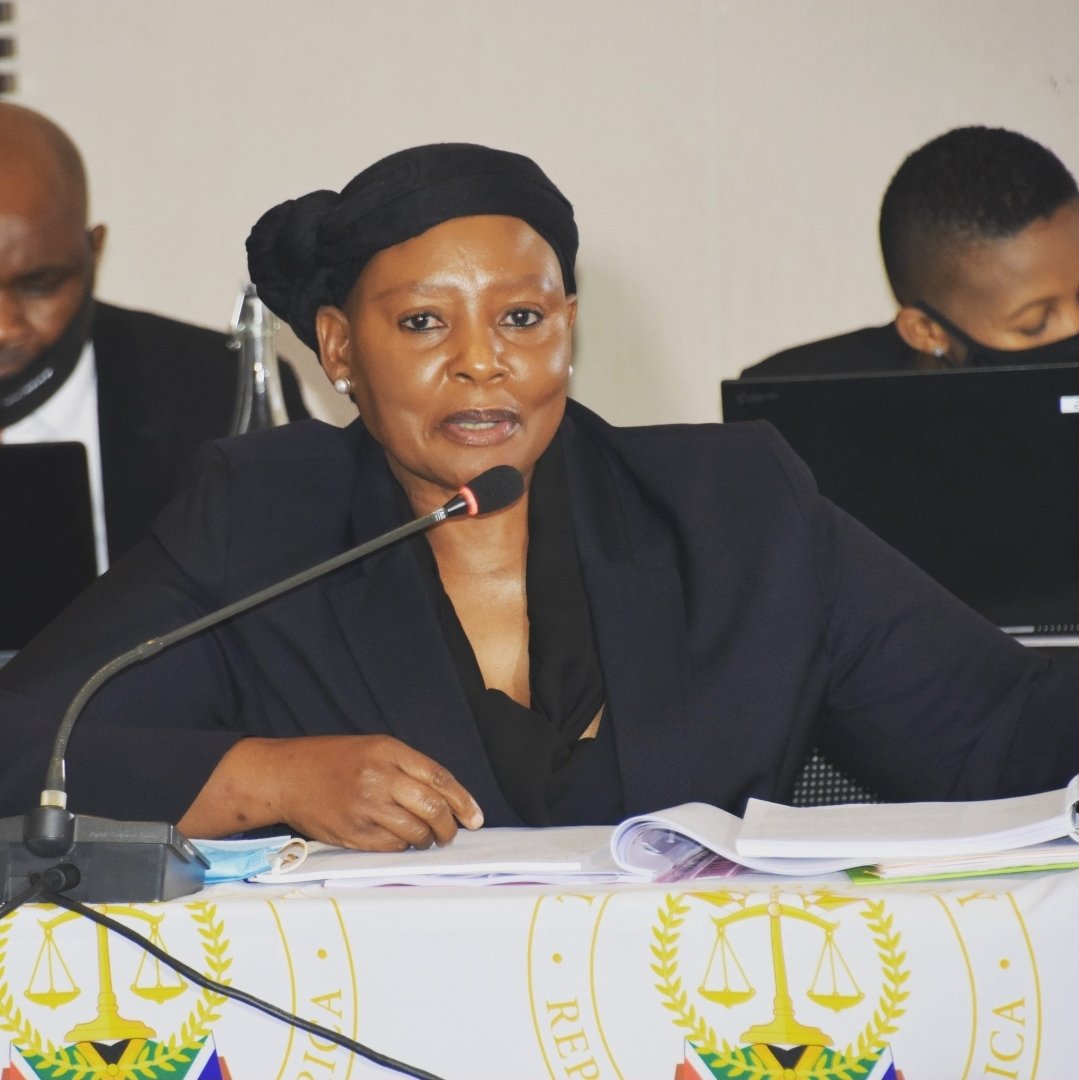 Limpopo DPP orders police to reinvestigate false CV case against senior civil servant
Limpopo DPP orders police to reinvestigate false CV case against senior civil servant
-
 Municipal manager ordered to stop sewerage spill into river or face a prison sentence
Municipal manager ordered to stop sewerage spill into river or face a prison sentence
-
 Vindicated businessman wins first leg of the fight against Master of the High Court to reclaim his assets and cash
Vindicated businessman wins first leg of the fight against Master of the High Court to reclaim his assets and cash
-
 SA company set to begin construction of R5.7bn Malawi water project
SA company set to begin construction of R5.7bn Malawi water project
-
 Manzini must release details on Mpox – DA
Manzini must release details on Mpox – DA
-
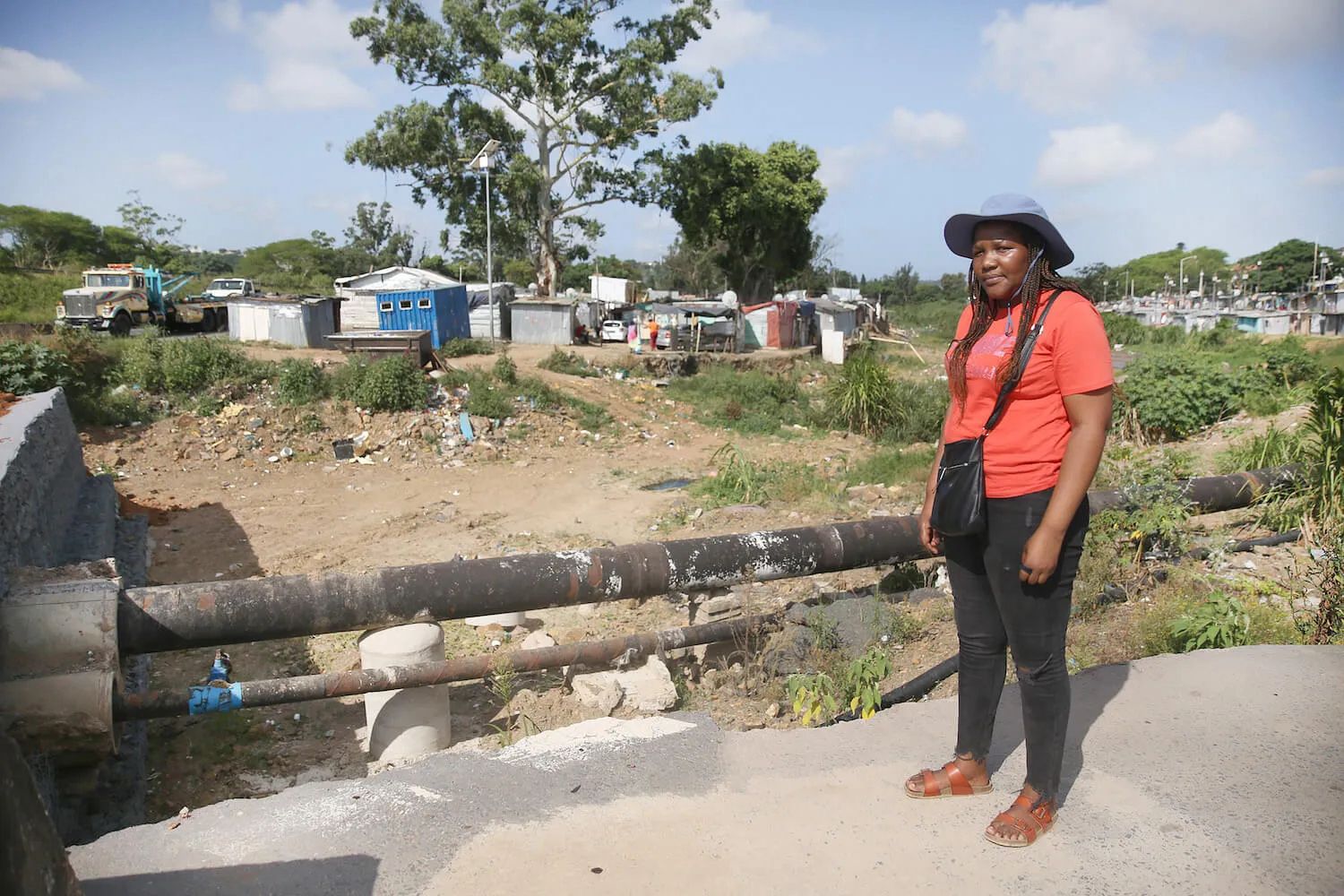 KZN flood victims have a chance to set a precedent by suing fossil-fuel companies for the climate change disaster
KZN flood victims have a chance to set a precedent by suing fossil-fuel companies for the climate change disaster
-
 KZN, Mpumalanga governments take steps to resolve chieftaincy disputes
KZN, Mpumalanga governments take steps to resolve chieftaincy disputes
-
 Deputy minister Bernice Swarts’s fraud case still under investigation - NPA
Deputy minister Bernice Swarts’s fraud case still under investigation - NPA
-
 Msibi to appeal his suspension from the ANC
Msibi to appeal his suspension from the ANC
-
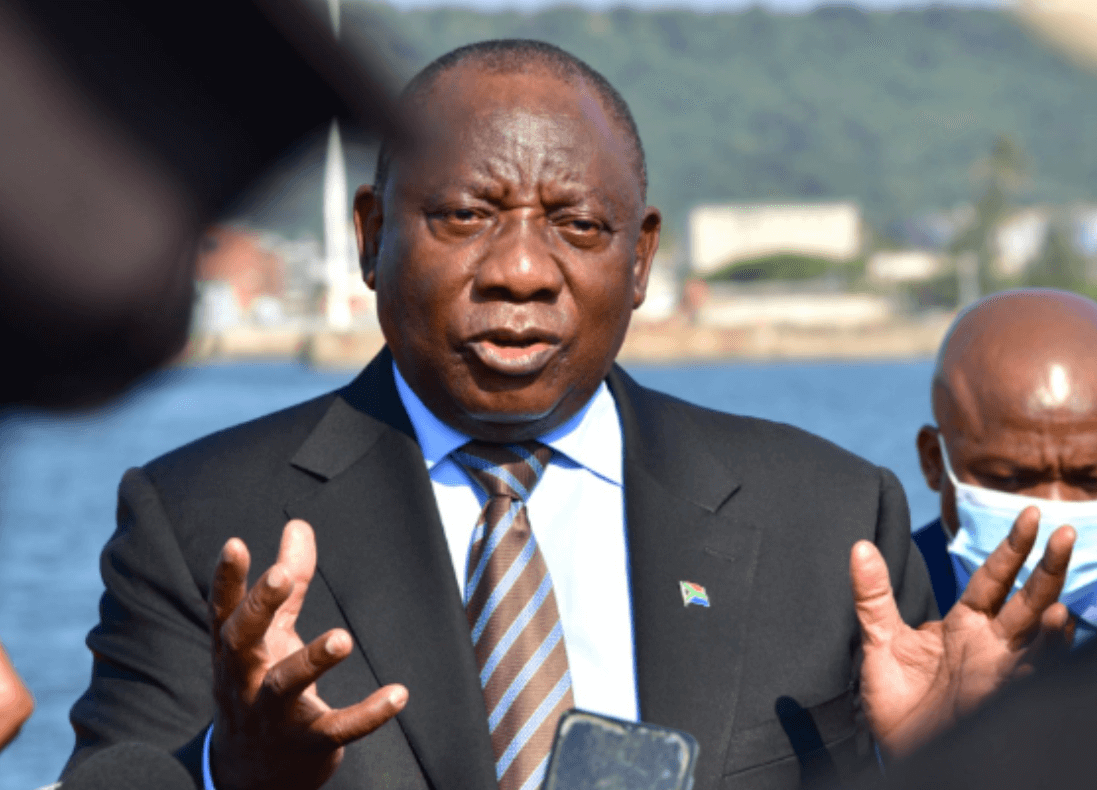 Ramaphosa calls the private sector to invest in major infrastructure projects
Ramaphosa calls the private sector to invest in major infrastructure projects
-
 Msibi resigns as MPL as Luthuli House upholds his suspension
Msibi resigns as MPL as Luthuli House upholds his suspension
-
 Creecy slammed for being lenient to Sasol
Creecy slammed for being lenient to Sasol
-
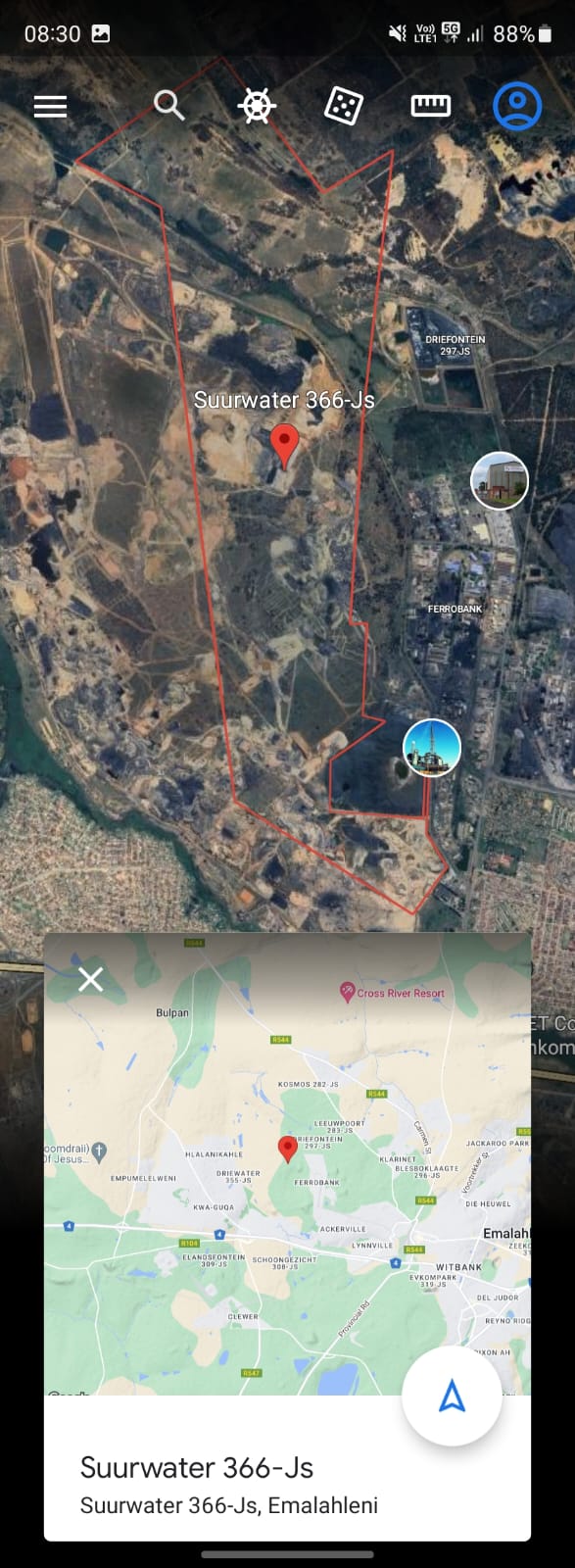 Mantashe’s neglect haunts him as mining company drags him to court
Mantashe’s neglect haunts him as mining company drags him to court
-
 Forex trading couple’s R2.9m house attached after they defrauded investors
Forex trading couple’s R2.9m house attached after they defrauded investors
-
 A 30-second video-recording may save Msibi on misconduct charges
A 30-second video-recording may save Msibi on misconduct charges
-
 ANC defends premier against R100 million theft allegations
ANC defends premier against R100 million theft allegations
-
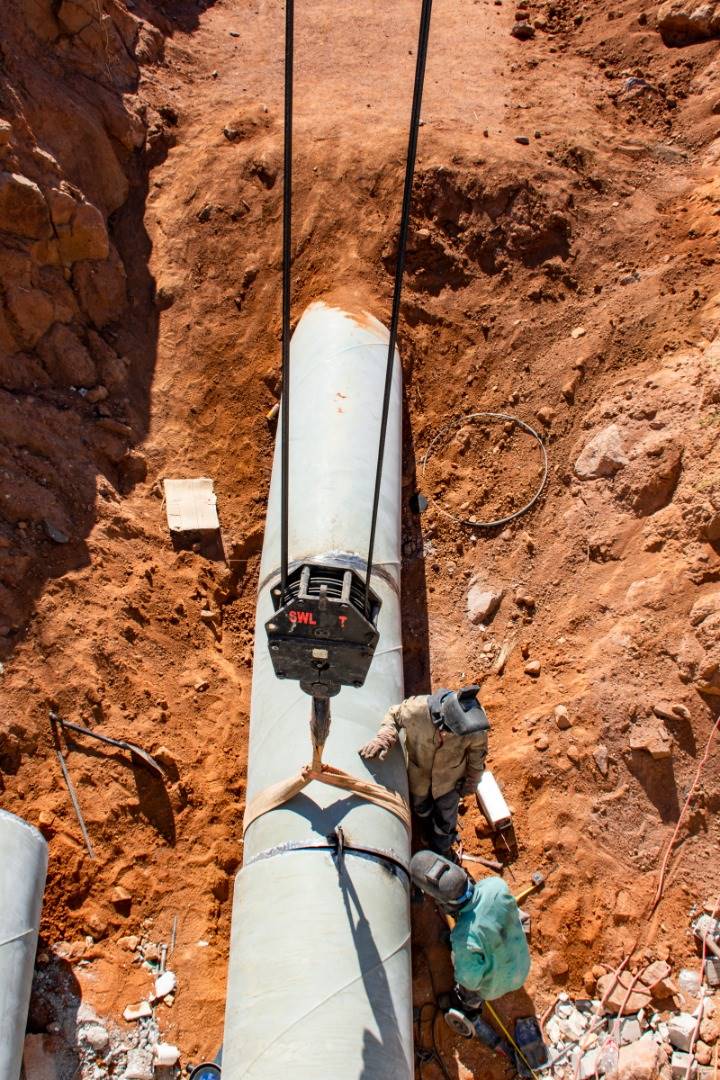 Big construction companies must empower, certify subcontractors to enable their growth - Khato Civils CEO
Big construction companies must empower, certify subcontractors to enable their growth - Khato Civils CEO
-
 Teflon KZN mayor promoted to legislature
Teflon KZN mayor promoted to legislature
-
 Businessman acquitted in a lengthy trial not yet out of the woods as he fights ‘corrupt’ Master of the High Court officials
Businessman acquitted in a lengthy trial not yet out of the woods as he fights ‘corrupt’ Master of the High Court officials
-
 Two Limpopo teachers convicted for doing business with the education department
Two Limpopo teachers convicted for doing business with the education department
-
 KZN Cogta MEC locked out of a facility managed by irregularly appointed former mayor’s wife
KZN Cogta MEC locked out of a facility managed by irregularly appointed former mayor’s wife
-
 Corruption-fighting politician-cum-civil servant among those whose assets were attached for Covid-19 corruption
Corruption-fighting politician-cum-civil servant among those whose assets were attached for Covid-19 corruption
-
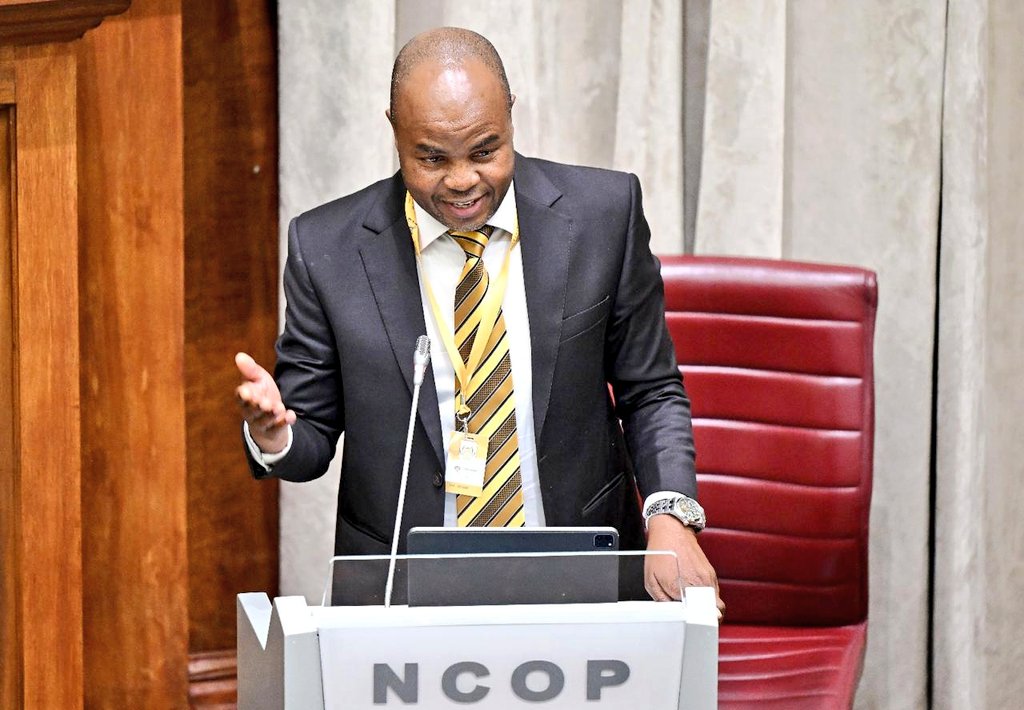 One Mpumalanga MEC to be axed to meet ANC’s gender balance guidelines
One Mpumalanga MEC to be axed to meet ANC’s gender balance guidelines
-
 JUST IN: Gen Masemola suspends Mpumalanga commissioner on additional charges of misconduct
JUST IN: Gen Masemola suspends Mpumalanga commissioner on additional charges of misconduct
-
 Limpopo capital city’s tale of ‘hiding’ a forensic report, wish to write off R34m due to financial mismanagement
Limpopo capital city’s tale of ‘hiding’ a forensic report, wish to write off R34m due to financial mismanagement
-
 Odds stacked against expelled MK Party commander as he tries to remove Zuma
Odds stacked against expelled MK Party commander as he tries to remove Zuma
-
 Robert Gumede’s Guma Group, HPX to develop R94.5bn rail network to link Liberia and Guinea
Robert Gumede’s Guma Group, HPX to develop R94.5bn rail network to link Liberia and Guinea
-
 Grade 12 cheating rocks Mpumalanga as 150 learners are implicated
Grade 12 cheating rocks Mpumalanga as 150 learners are implicated
-
 Botswana averts G7’s plan to certify diamond products in Antwerp
Botswana averts G7’s plan to certify diamond products in Antwerp
-
 Controversial former mayor’s wife in KZN ‘given’ another job after fleeing previous employment
Controversial former mayor’s wife in KZN ‘given’ another job after fleeing previous employment
-
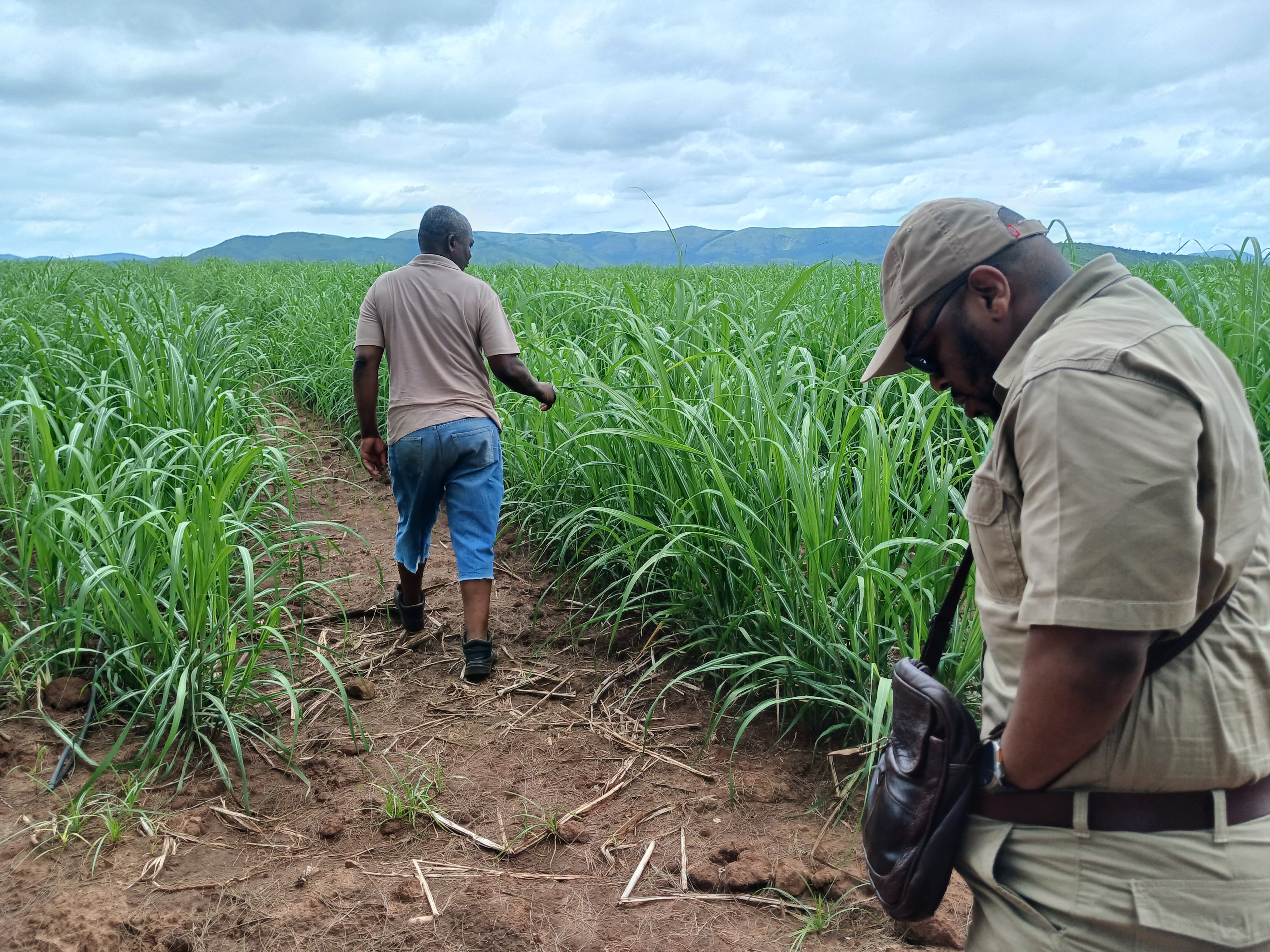 How the Matsamo CPA changed wrong perception that blacks cannot run commercial farms
How the Matsamo CPA changed wrong perception that blacks cannot run commercial farms
-
 Mahlangu slowly turning things around to revive MEGA
Mahlangu slowly turning things around to revive MEGA
-
 Official in Mpumalanga government’s corruption-busting unit dies after being shot 29 times
Official in Mpumalanga government’s corruption-busting unit dies after being shot 29 times
-
 Motion to remove a mayor in Mpumalanga aims to portray the ANC as a loser before elections – provincial ANC secretary
Motion to remove a mayor in Mpumalanga aims to portray the ANC as a loser before elections – provincial ANC secretary
-
 Limpopo premier Stanley Mathabatha’s ‘henchman’ arrested for faking CV
Limpopo premier Stanley Mathabatha’s ‘henchman’ arrested for faking CV
-
 The dire state of the ABC Motsepe League
The dire state of the ABC Motsepe League
-
 Dingaan Thobela’s death should serve as a kick in the butt for boxing authorities
Dingaan Thobela’s death should serve as a kick in the butt for boxing authorities
-
 Data collected for Census 2022 unfit for purpose - UCT
Data collected for Census 2022 unfit for purpose - UCT
-
 Nehawu needs explanation following withdrawal of charges against Limpopo official
Nehawu needs explanation following withdrawal of charges against Limpopo official
Court dismisses ‘biased’ MEC’s decision to allow mining in a Mpumalanga wetland
Sizwe sama Yende
Green lobby groups have scored another victory in a protracted legal battle with an Indian mining company that intends to establish a coal mine in a protected and ecologically sensitive area in Mpumalanga province.
Uthaka Energy (Pty) Ltd’s last hope to extract coal in Mabola near Wakkerstroom was pinned on former Mpumalanga Agriculture, Rural Development, Land Reform and Environment MEC, Vusi Shongwe, who circumvented the environmentalists complaints by excluding the targeted mining section from the protected area.
The Mpumalanga High Court has however set aside and reviewed Shongwe’s decision – meaning that Uthaka Energy still cannot start mining after the activists opposed every single permit and authorisation the mining company was granted and won all the appeals heard as far as the Constitutional Court.
Shongwe’s rationale to exclude the area earmarked for Yzermyn Colliery in on January 15 2021 was:
· To strike a balance between using natural resources for socio-economic benefits and promoting environmental protection; and
· To promote co-existence of mining activities and conservation within the area on the properties.
The group, which comprises – Mining and Environmental Justice in South Africa, groundWork, Birdlife SA, Endangered Wildlife Trust, Federation for a Sustainable Environment, Association for Water and Rural Development and Bench Marks Foundation – have been arguing through their lawyers from the Centre for Environmental Rights that the Mabola Protected Area was a wetland and source of fresh water that would contaminated by mining activities.
The province accounts for a high proportion of South Africa’s strategic water source areas – with over 10,000 wetlands and with the waters of at least five of South Africa’s important river systems rising in its highlands – and plays a critically important role in terms of regional and national water security.
The area also has a place in biodiversity as it had a number of plant species that do not occur in other places. Mpumalanga occupies only six percent of South Africa’s land surface but holds 21% of its plant species with nearly a quarter of its vegetation types nationally gazetted as threatened.
Local groups had been arguing that the mine would bring much-needed relief to the poverty-stricken Pixley ka Isaka Seme Local Municipality where unemployment is high.
In reviewing and setting aside Shongwe’s decision on July 18, Acting Judge M Moleleki said that Shongwe did not act within the ambit of the enabling legislation.
“As such, his conduct was unlawful, unreasonable and procedurally unfair in failing to take relevant considerations into account and by taking irrelevant considerations into account,” Moleleki said.
Moleleki said that it was not in dispute that mining activities led to loss of biodiversity and contamination of the soil and utilised a large amount of water. This impacted the water quantity as well as its quality due to contamination through acid mine drainage.
“The reduction in water quantity and quality also affects the amount of water available for human consumption. This has a detrimental impact on people’s access to water and threatens water security at both local and national level,” said the judge.
The court said that Shongwe was biased and MEC did not approach this matter with his mind open to persuasion but had shut his mind to any submissions made or evidence tendered in support of the case he had to decide.
“The MEC publicly associated himself as being in favour of the establishment of the mine in the Mabola Protected Environment. Before the MEC made his decision to exclude the properties known, he made a public statement on 8 May 2020 that he was in support of the mine. He was also quoted by the City Press Newspaper article as saying he was committed to the opening of the mine as it would boost the economy,” Moleleki said.
“The MEC was required to conduct himself in a manner which showed neutrality and openness to all competing interests and considerations. The exclusion decision falls to be reviewed and set aside,” he added.
